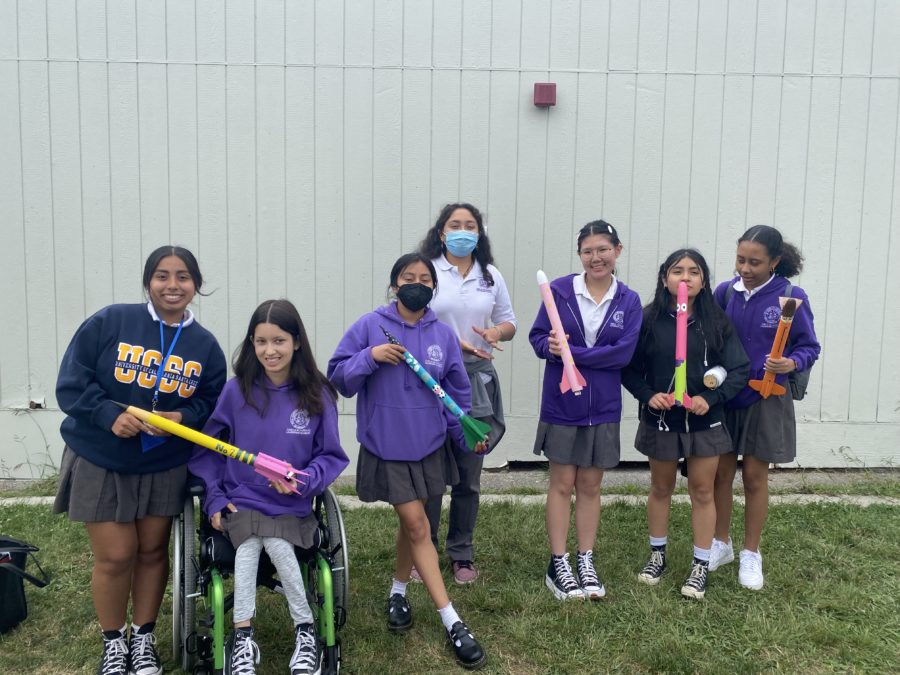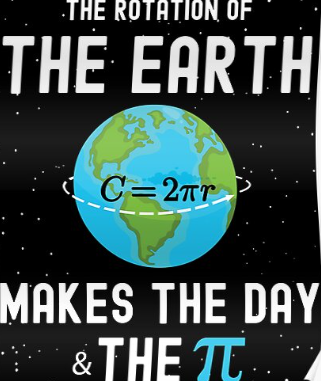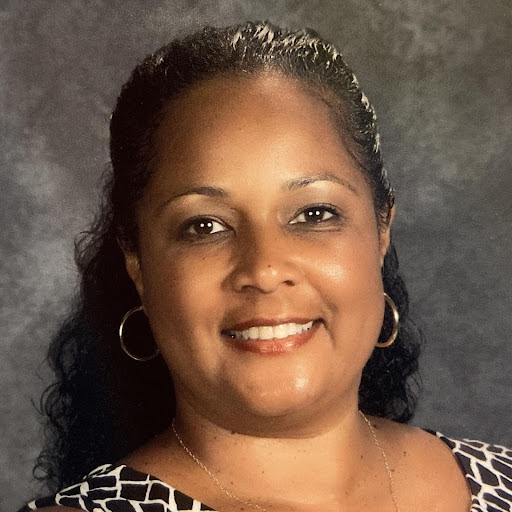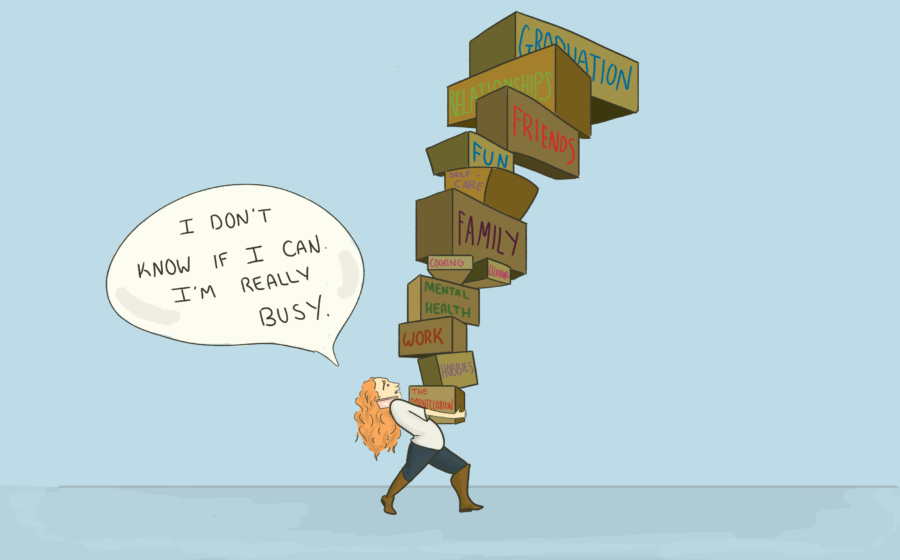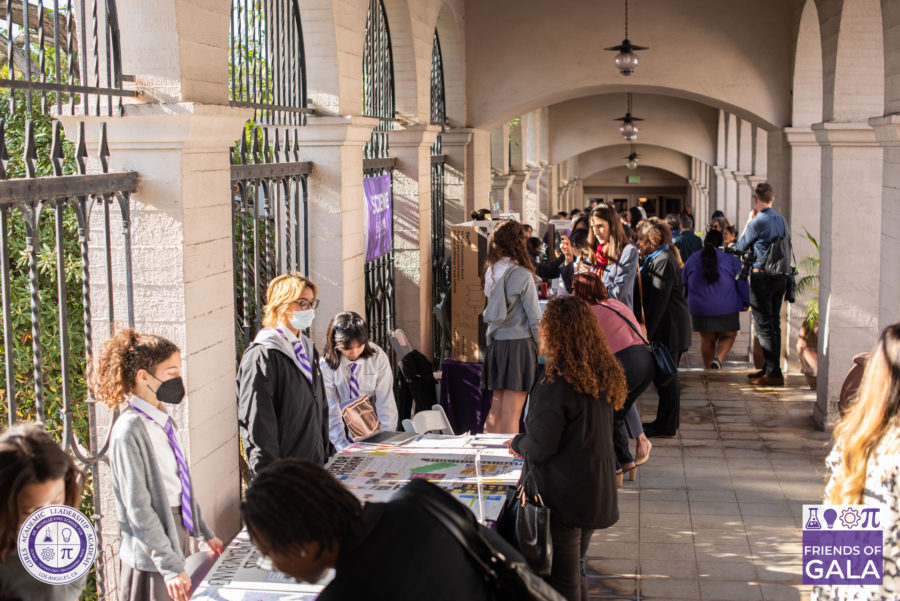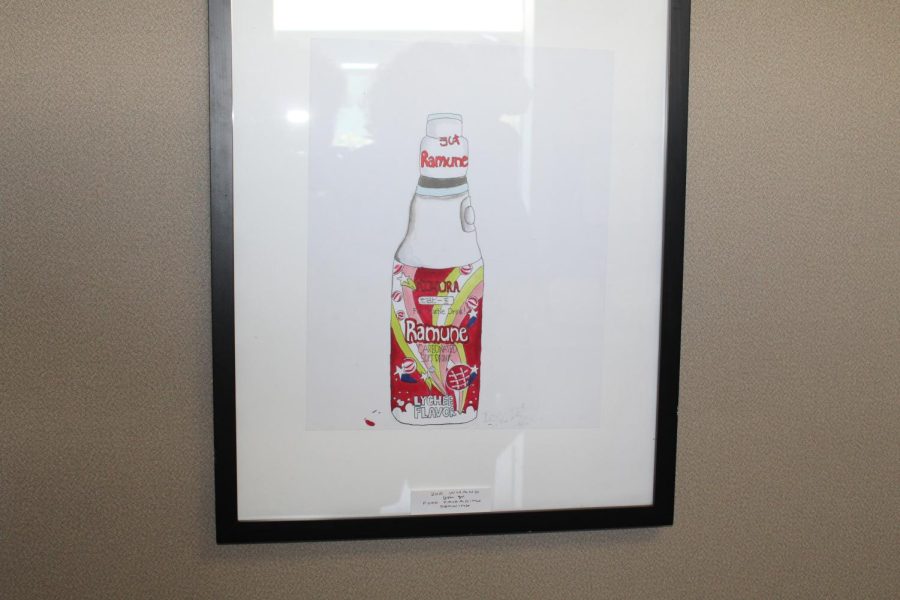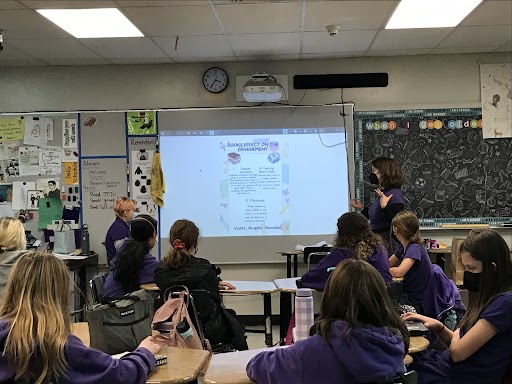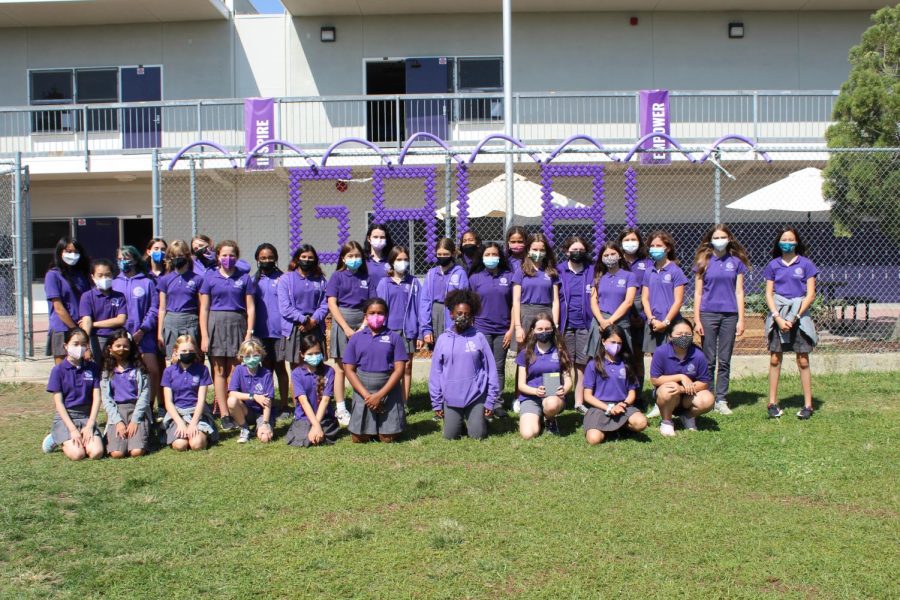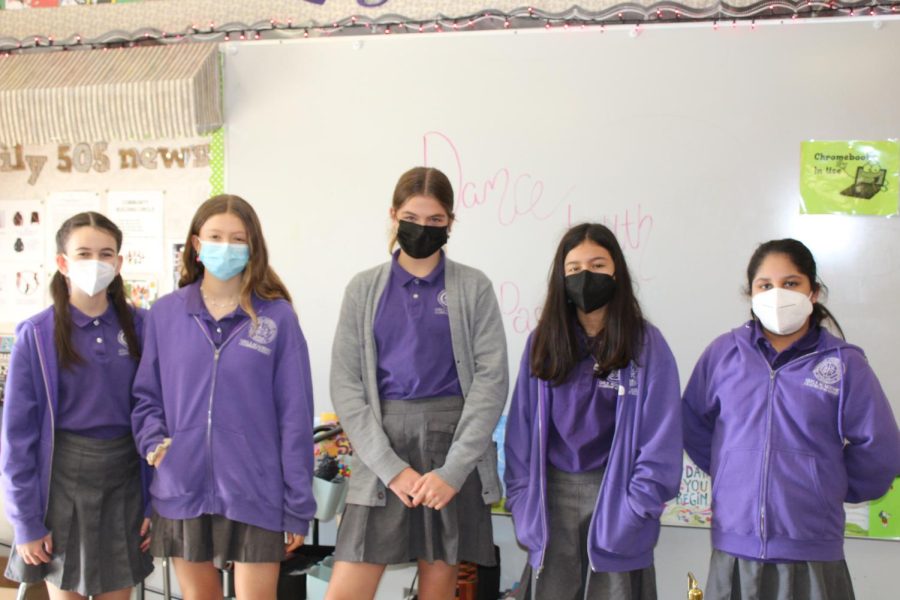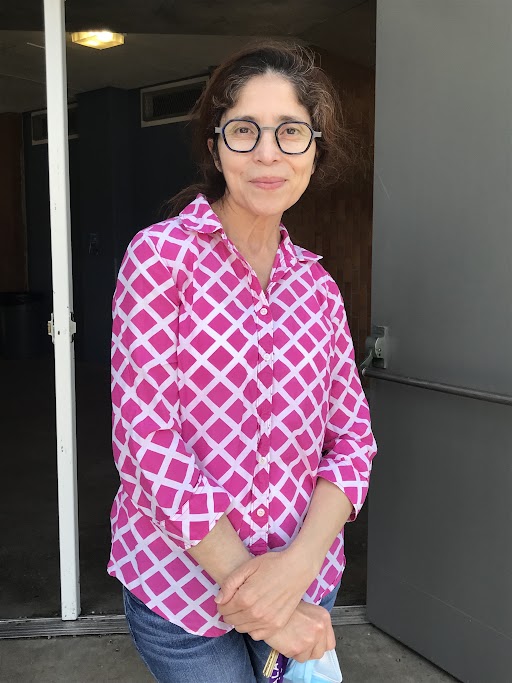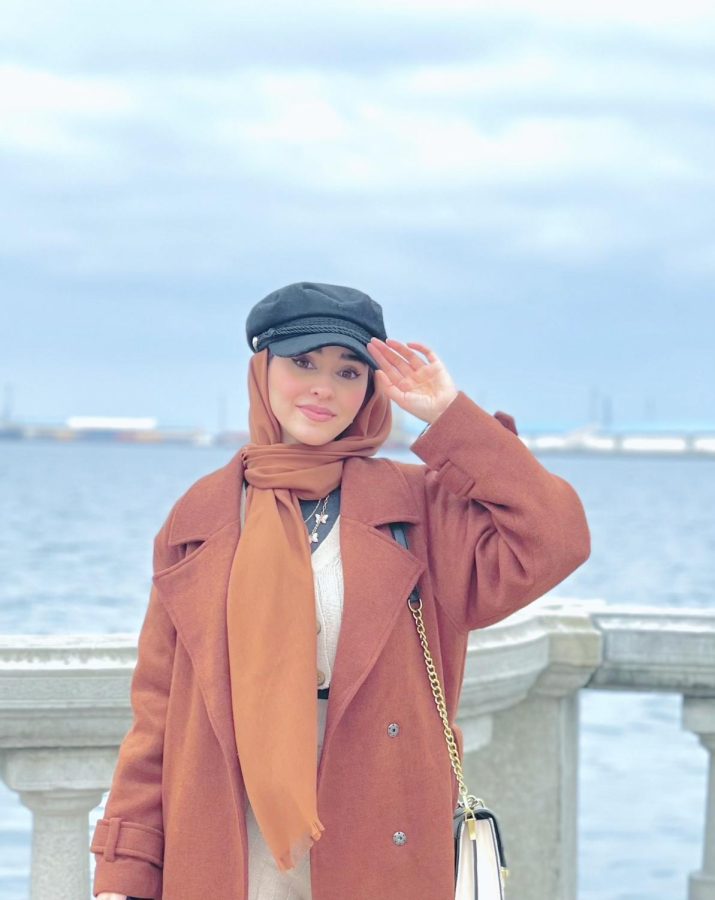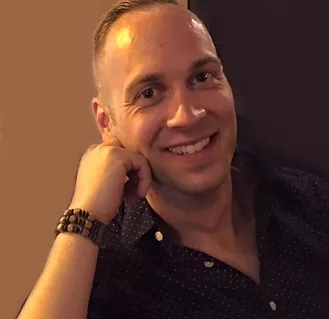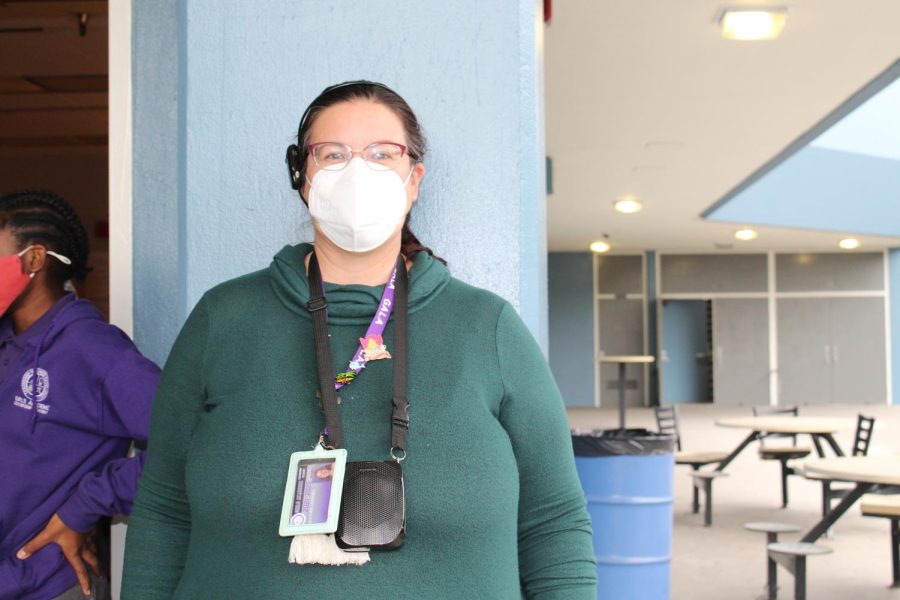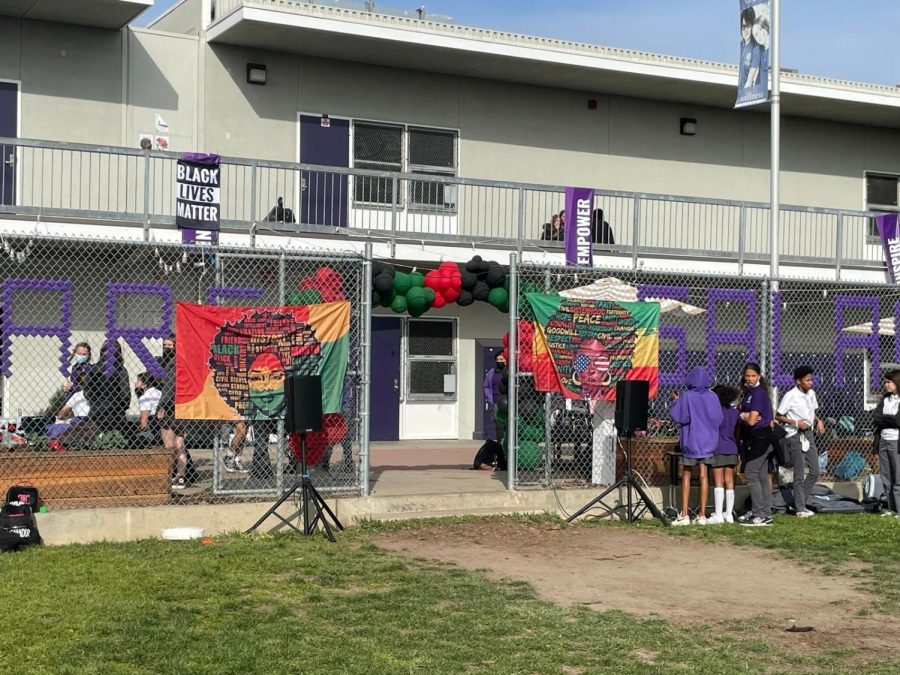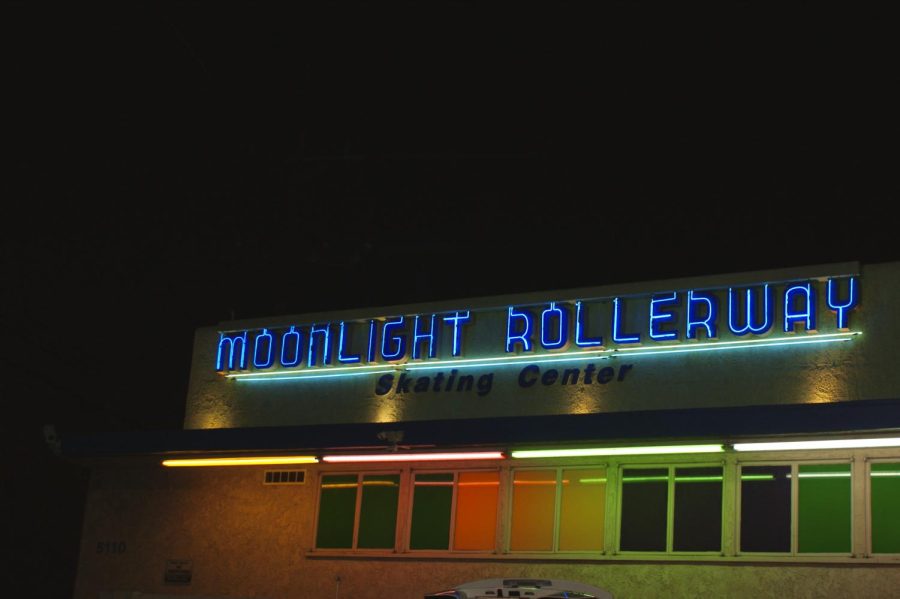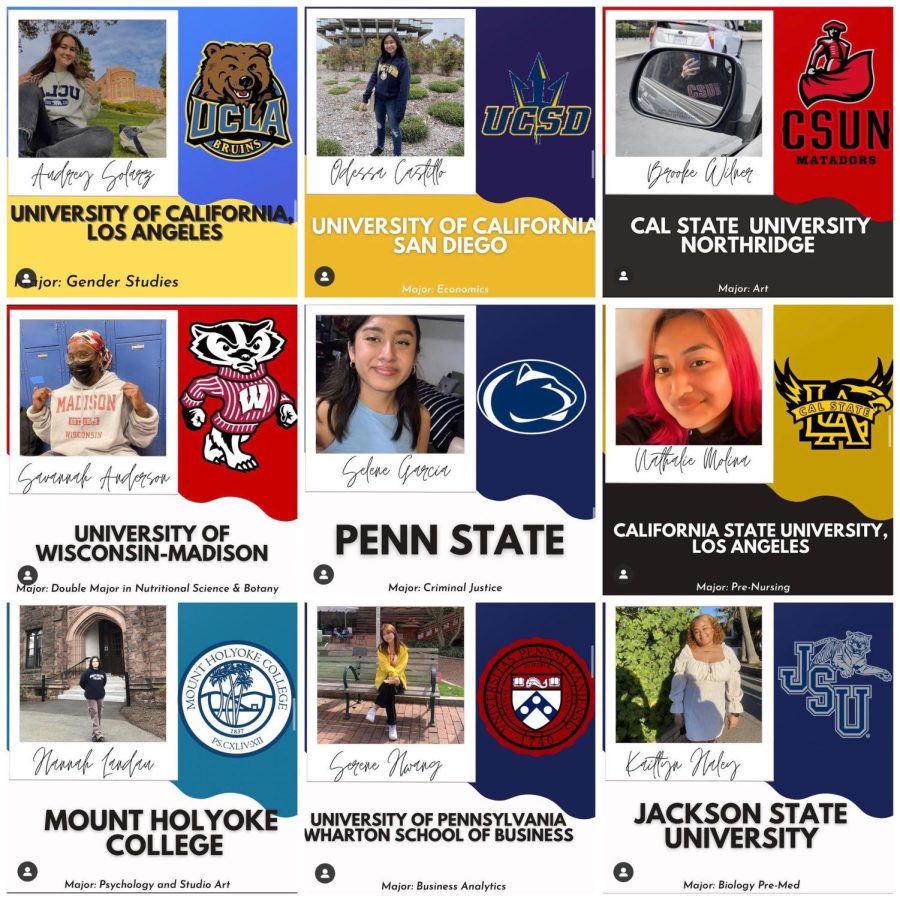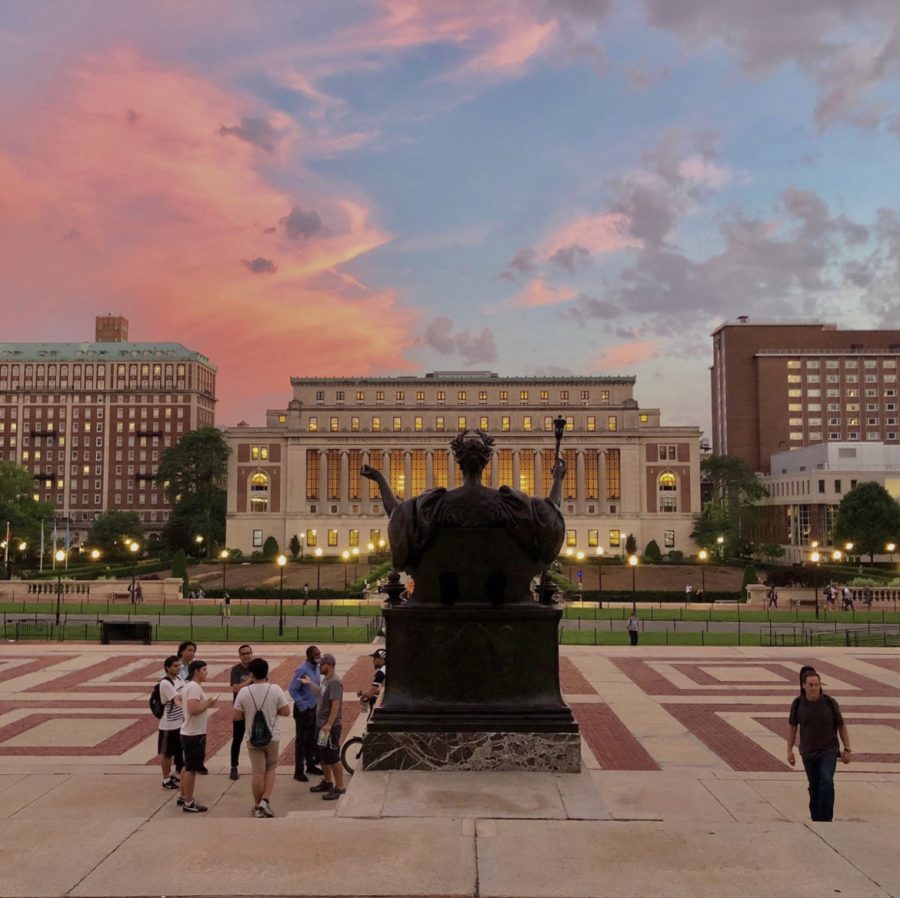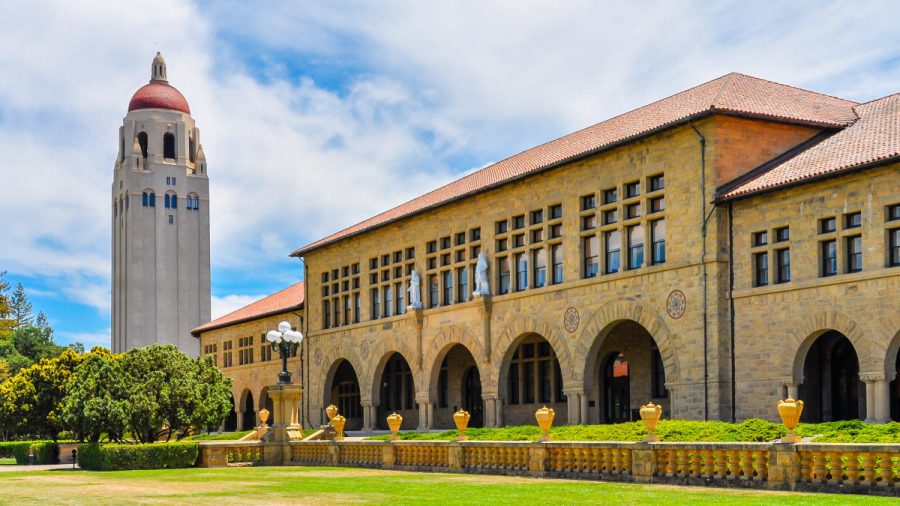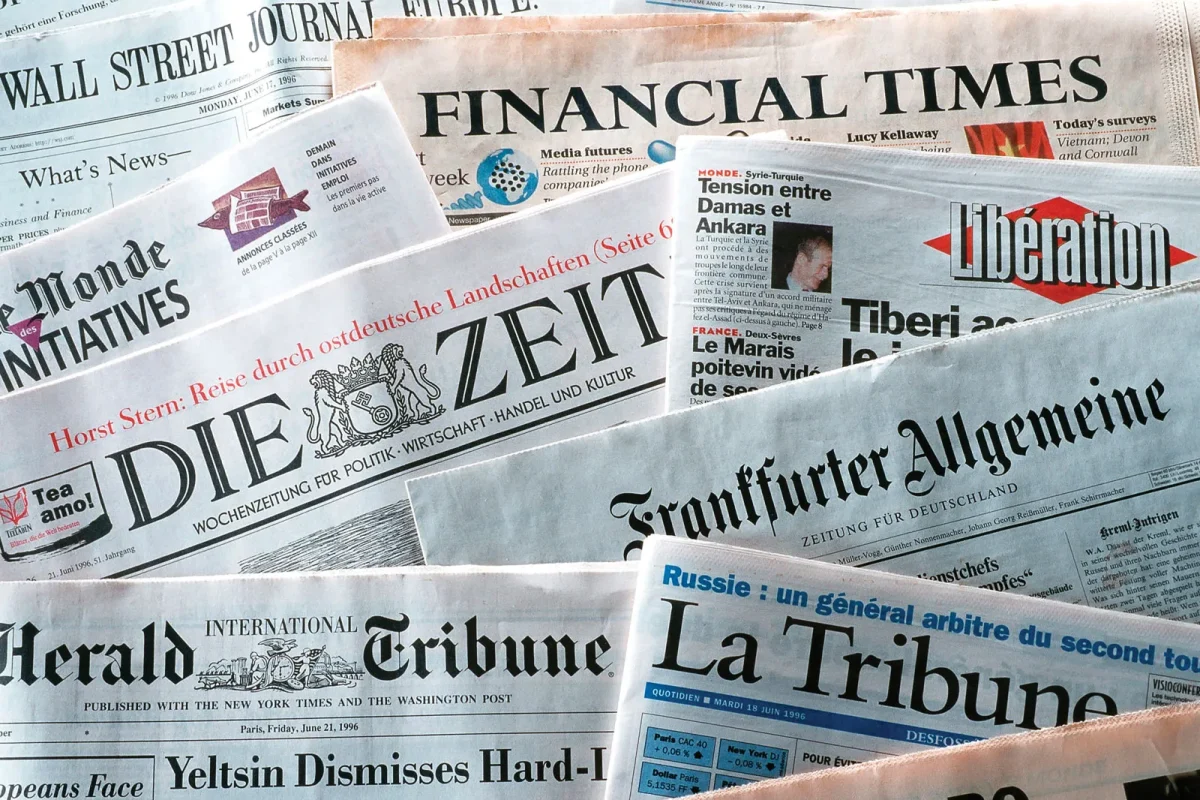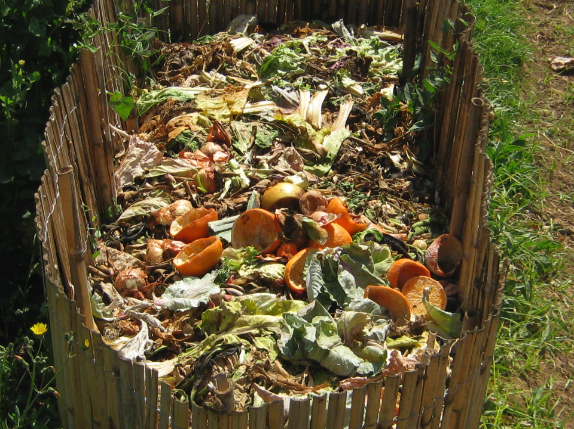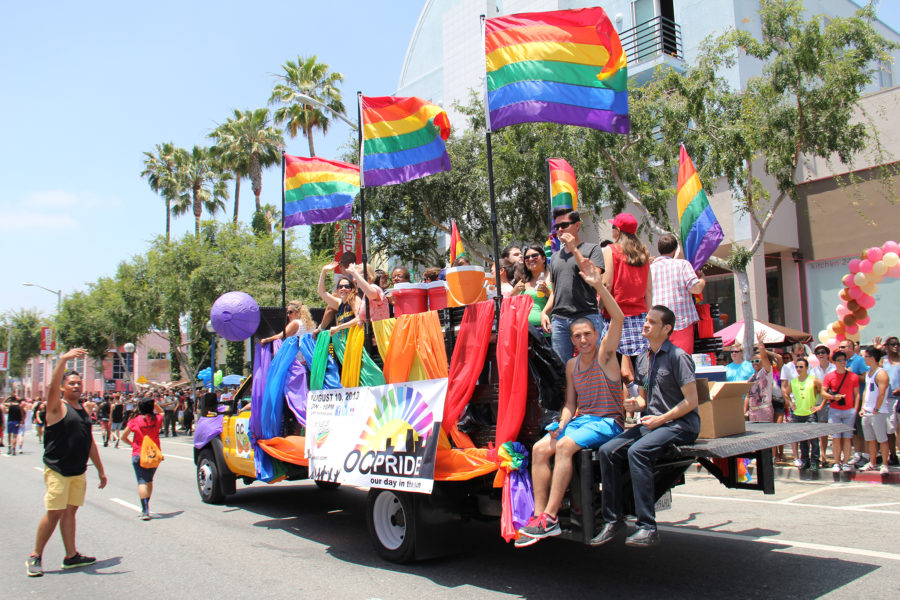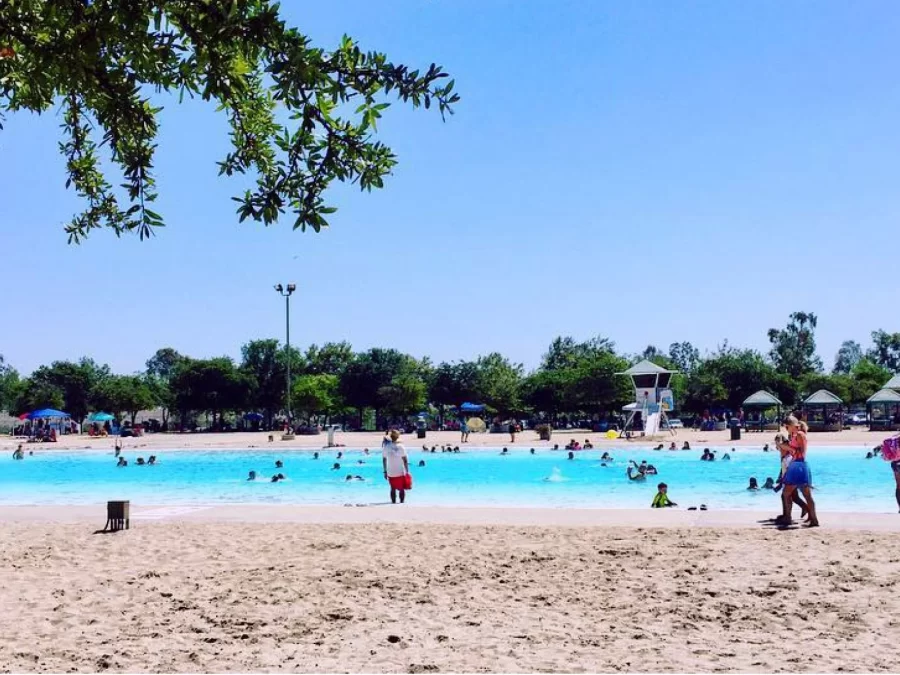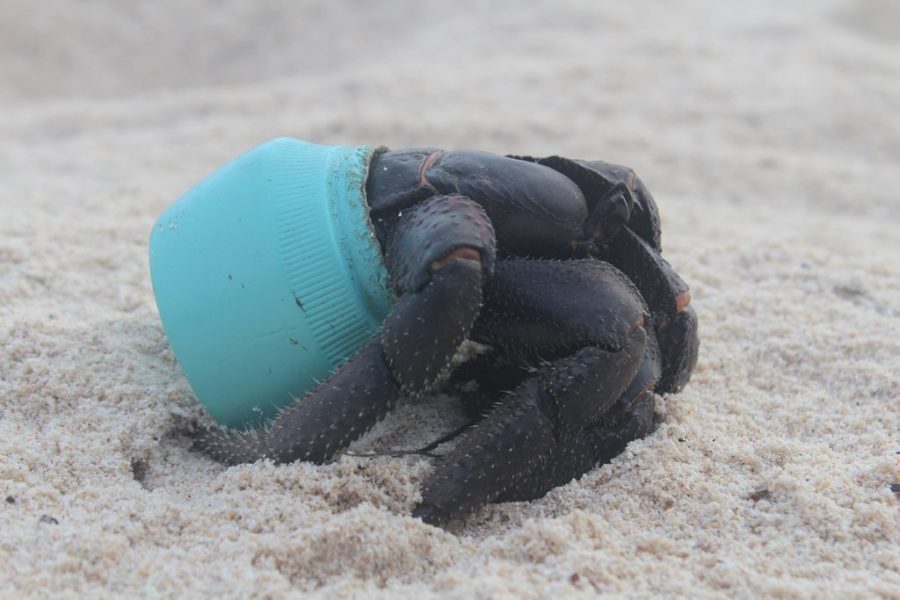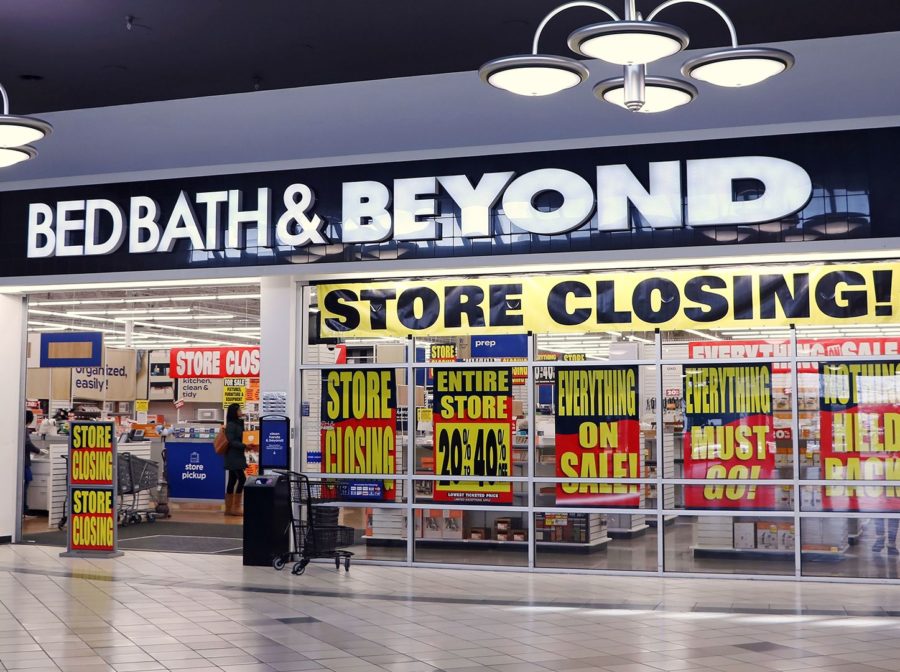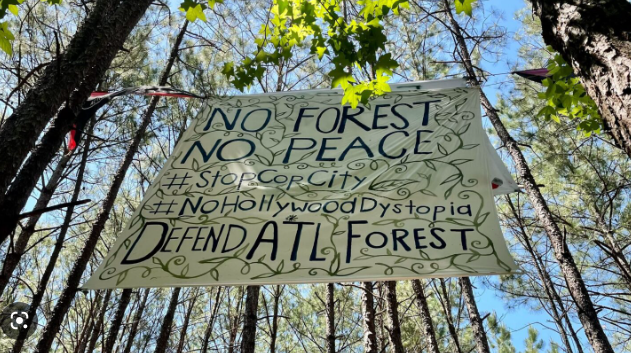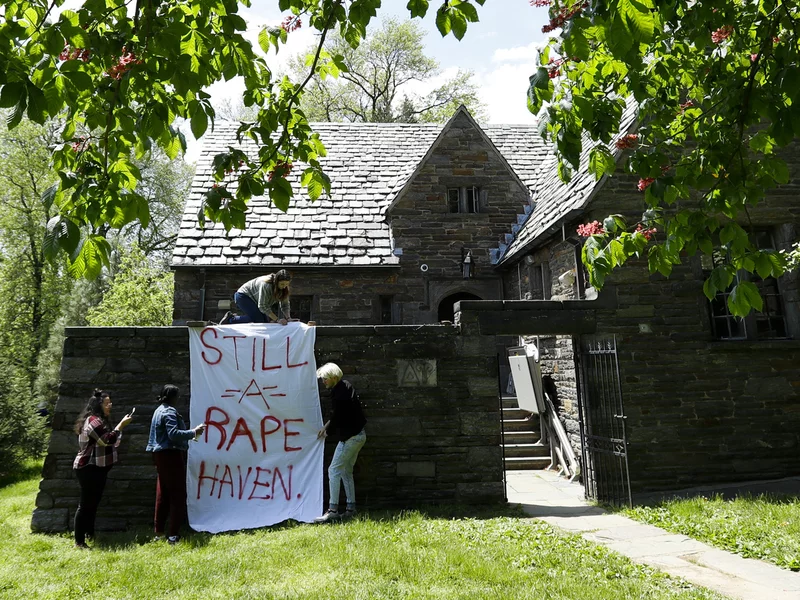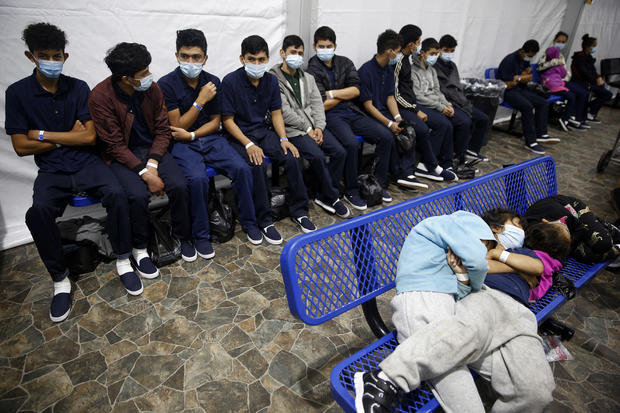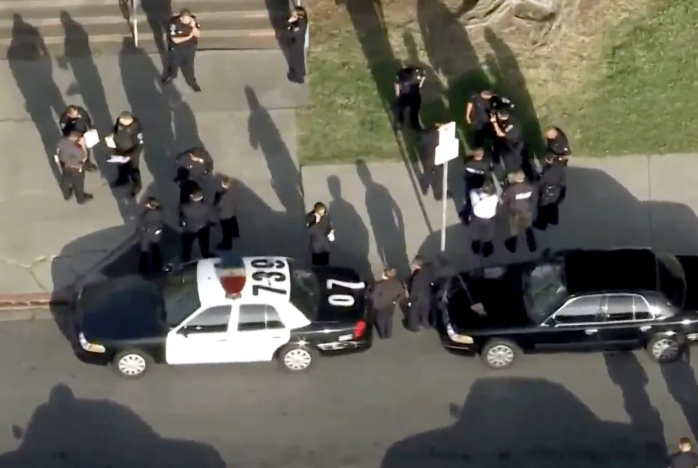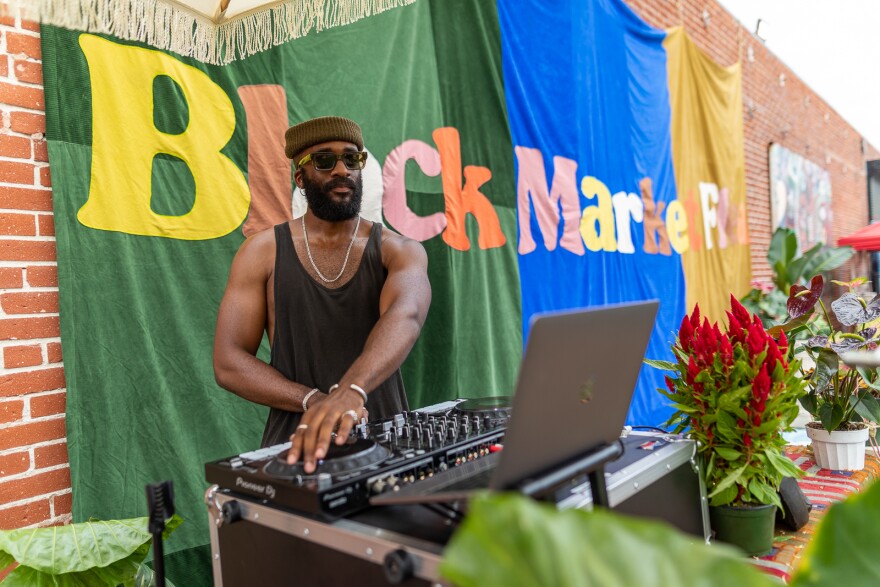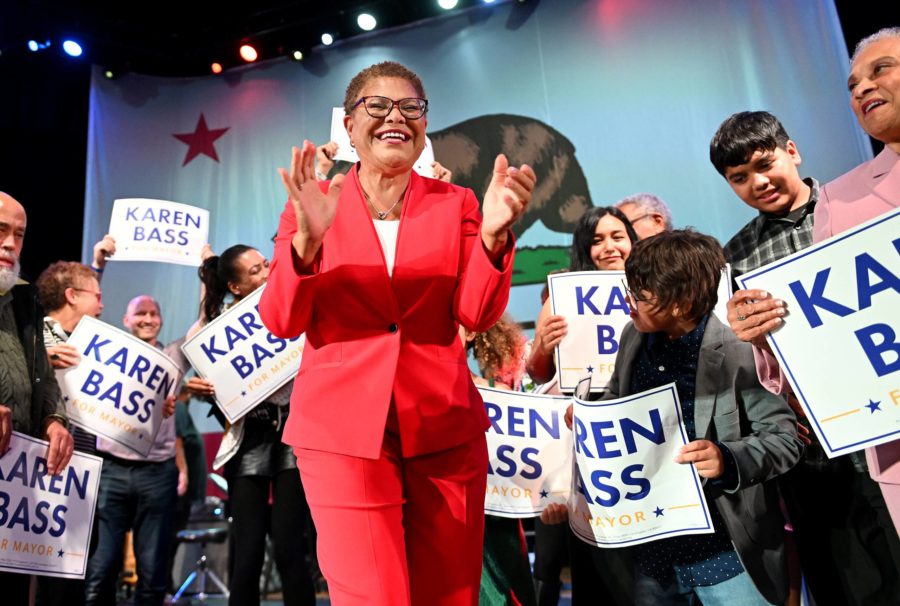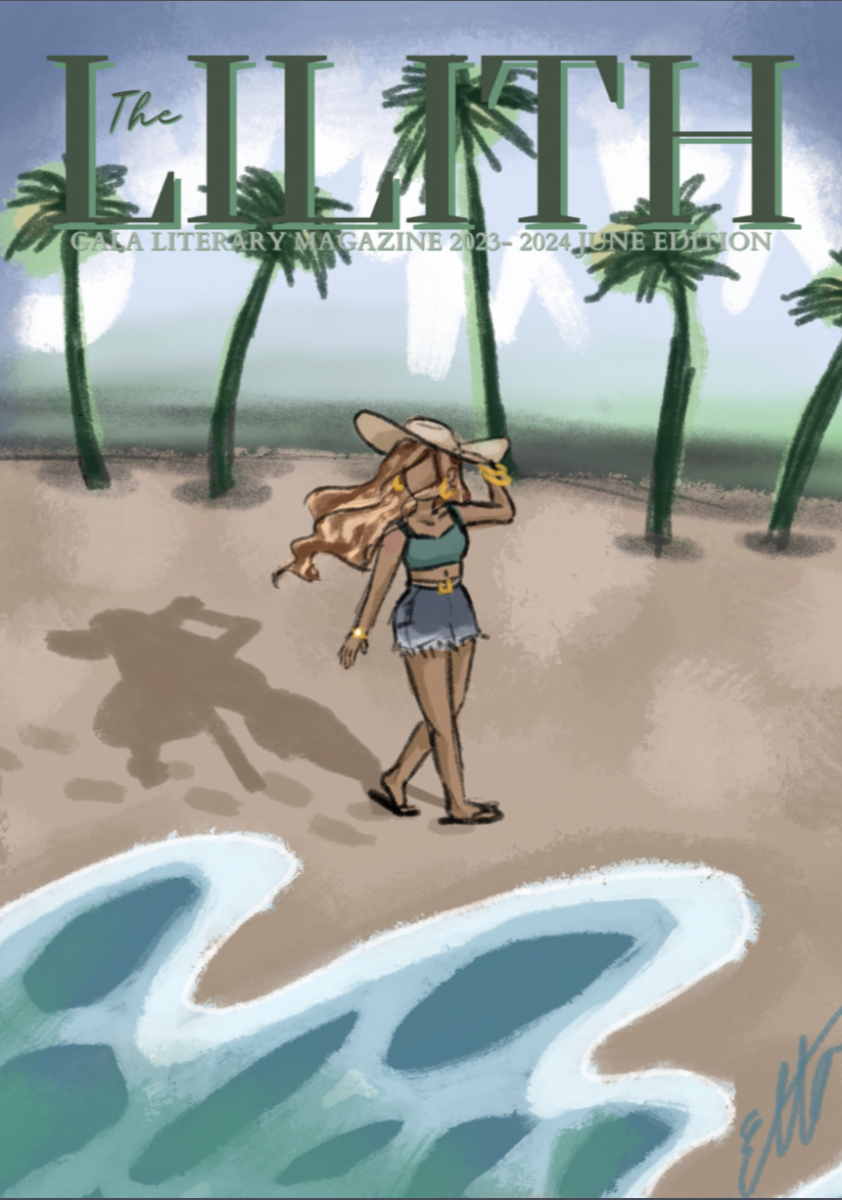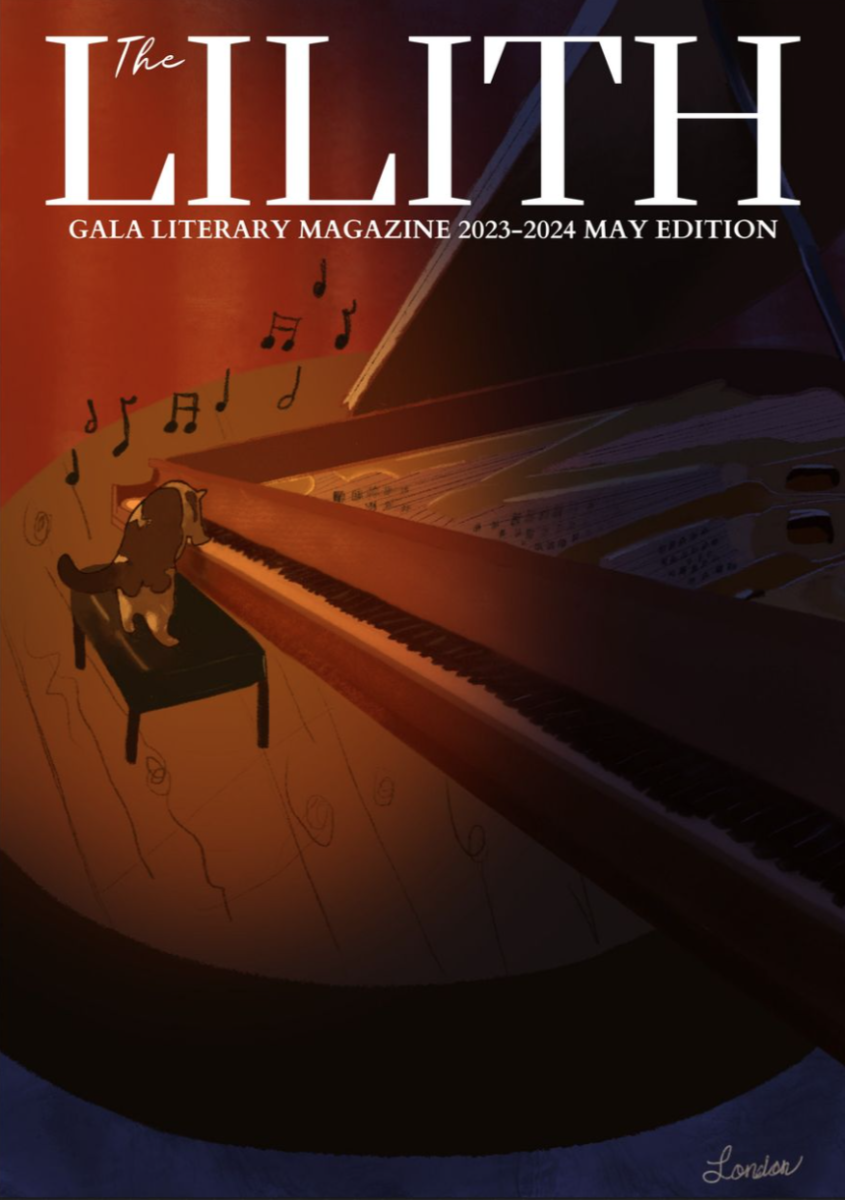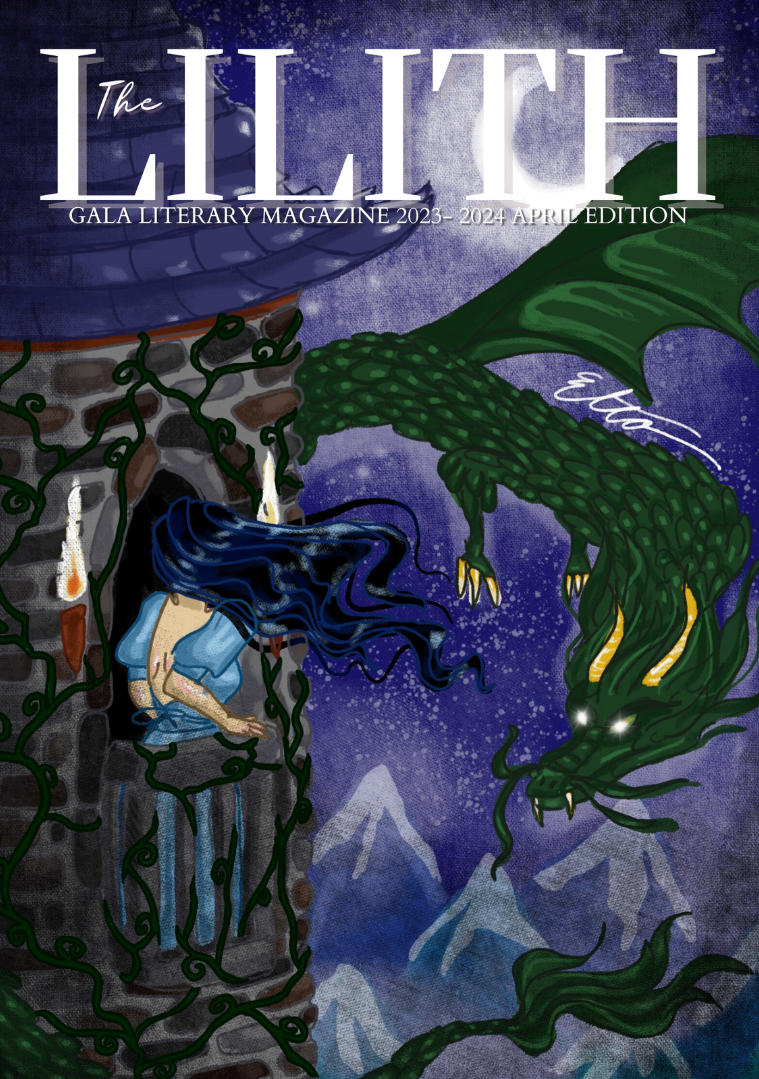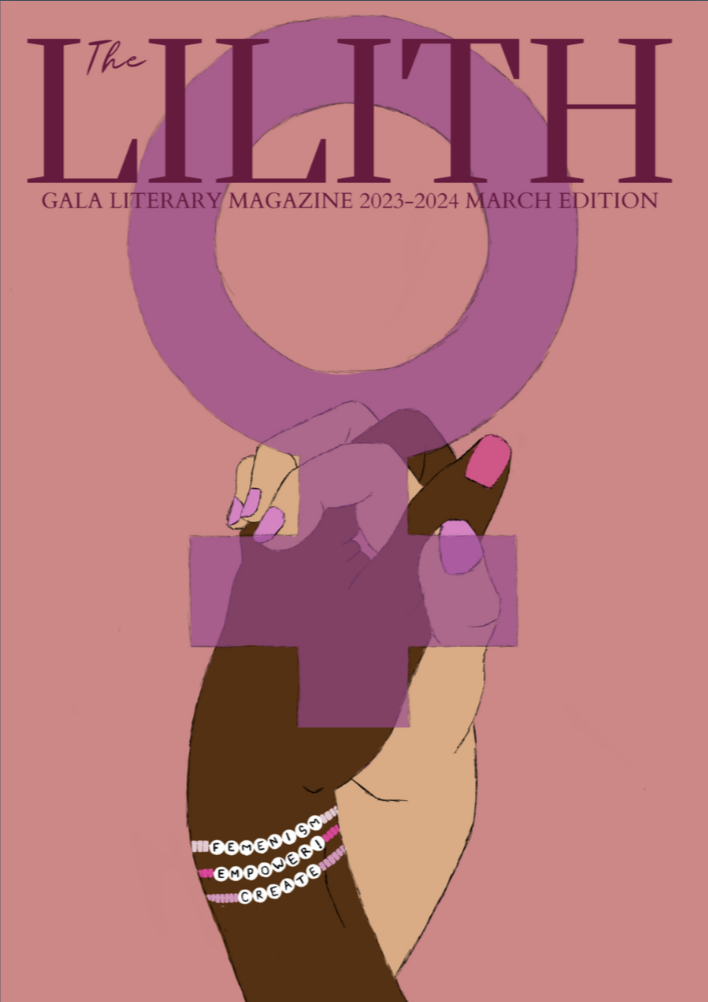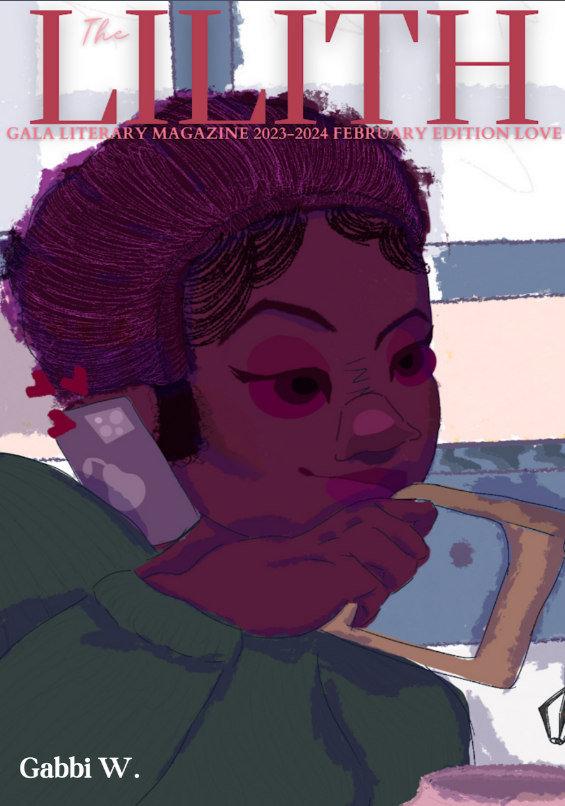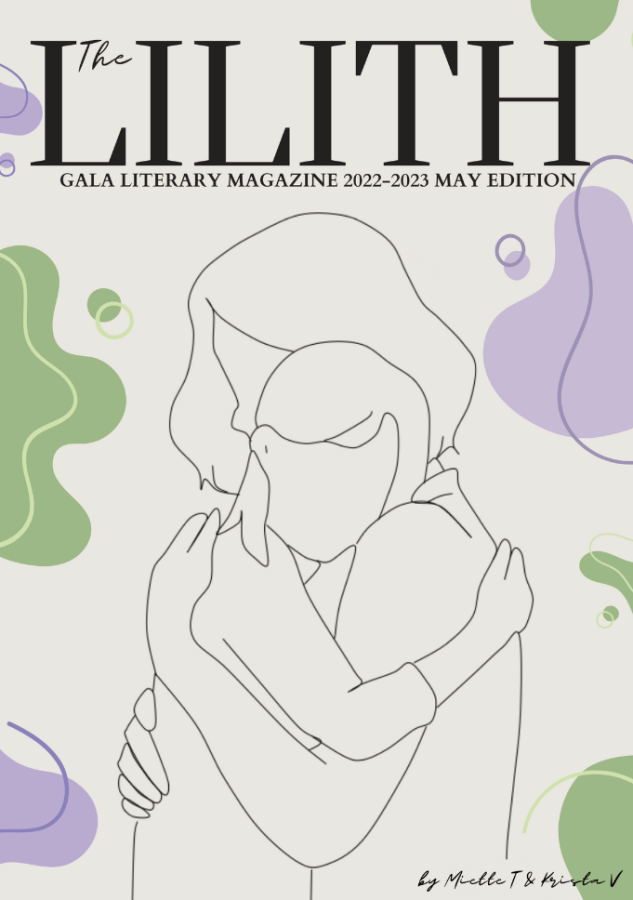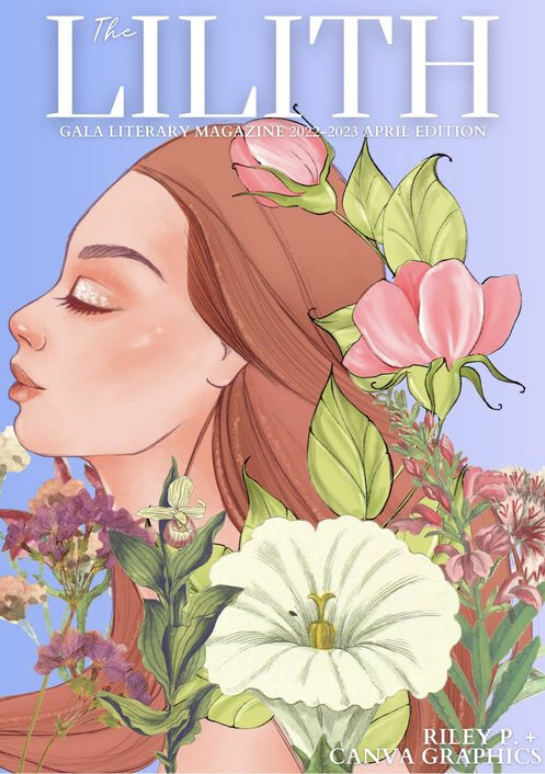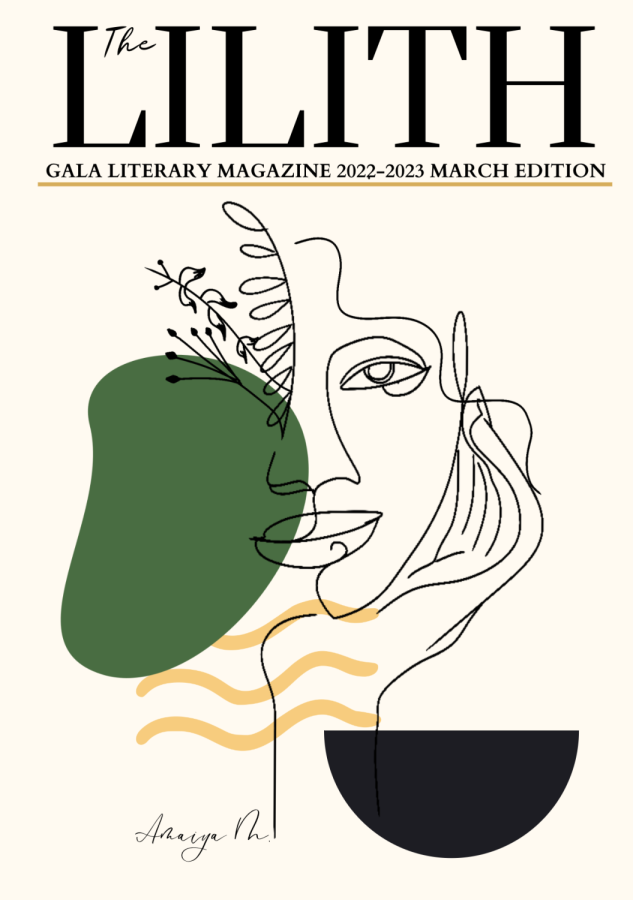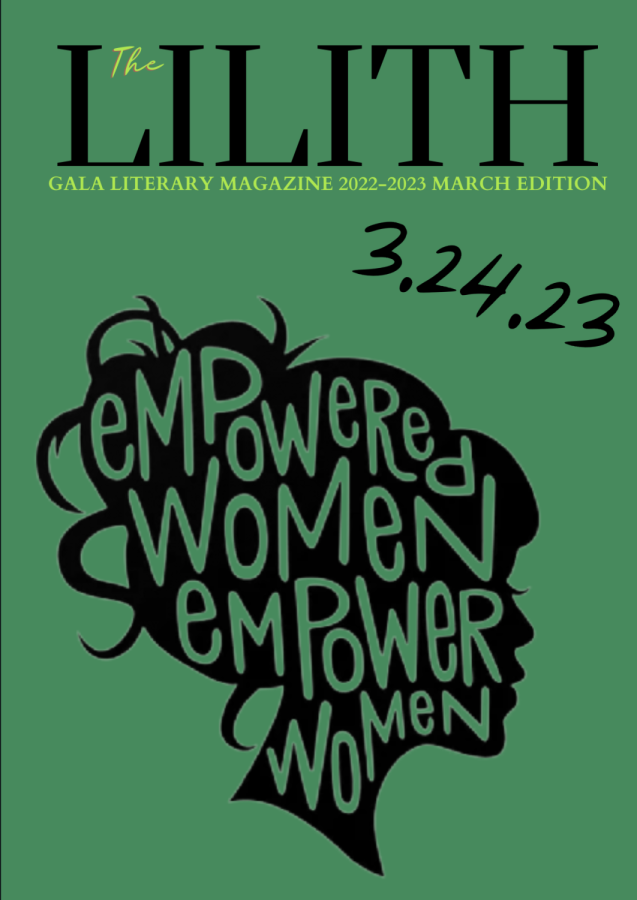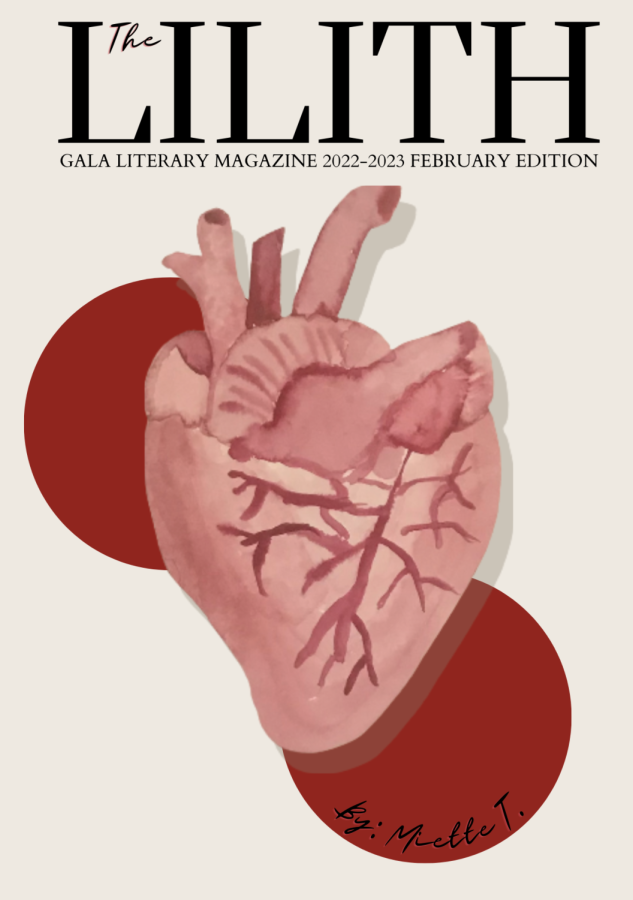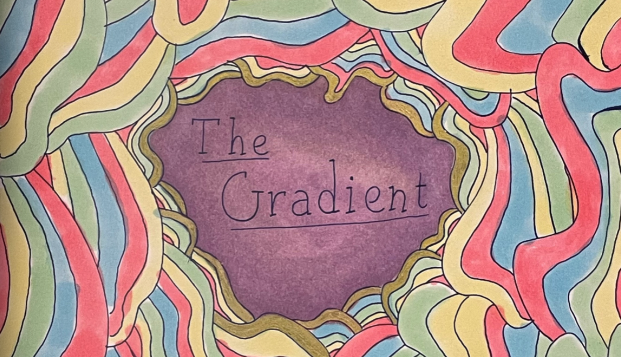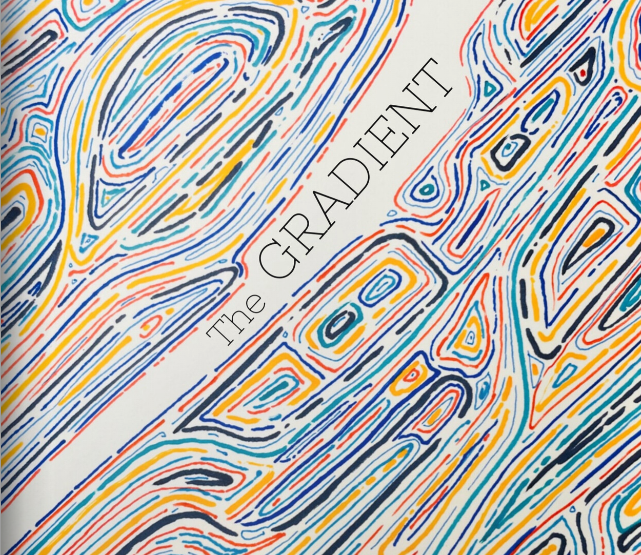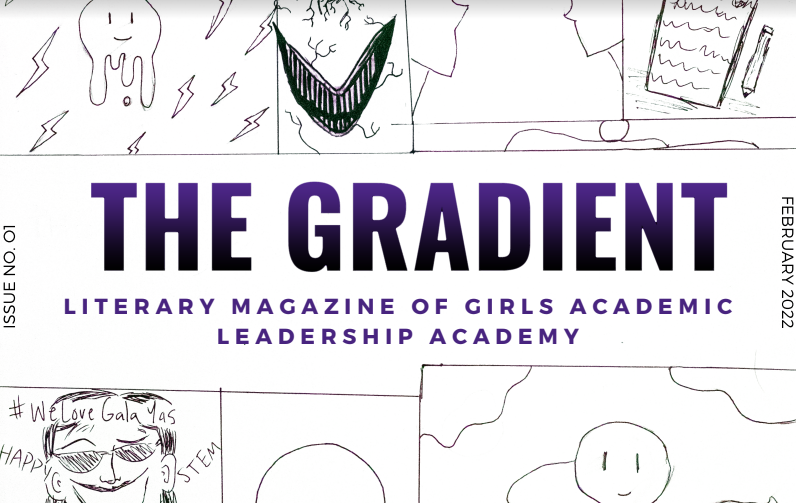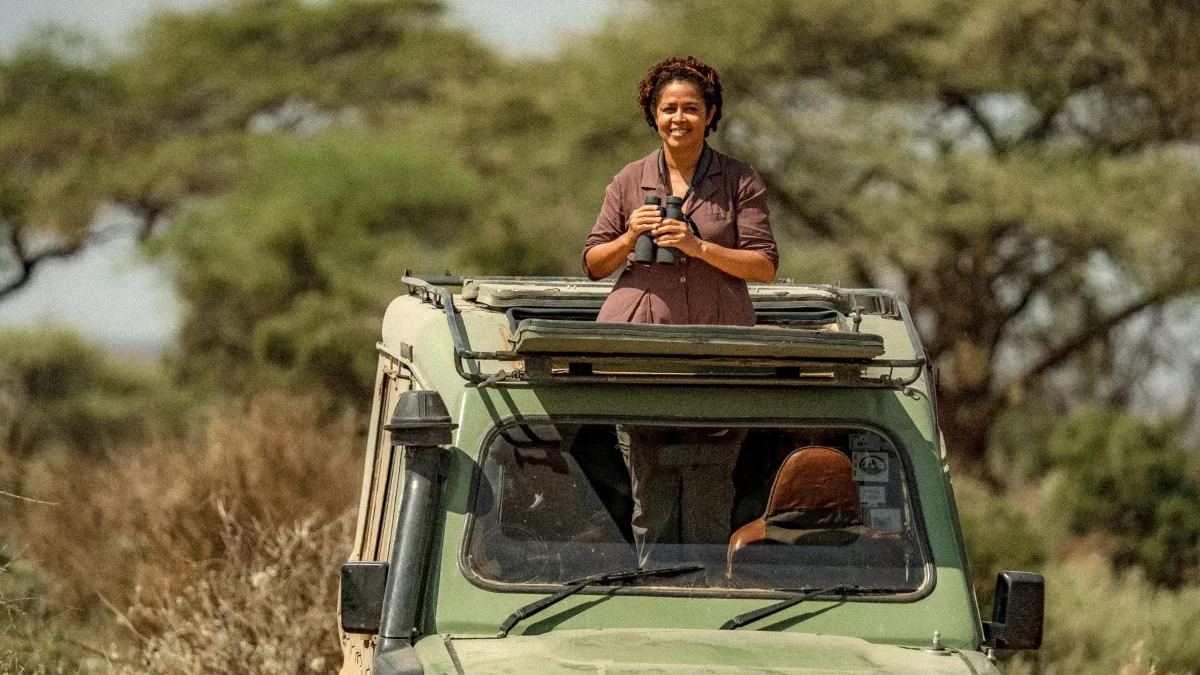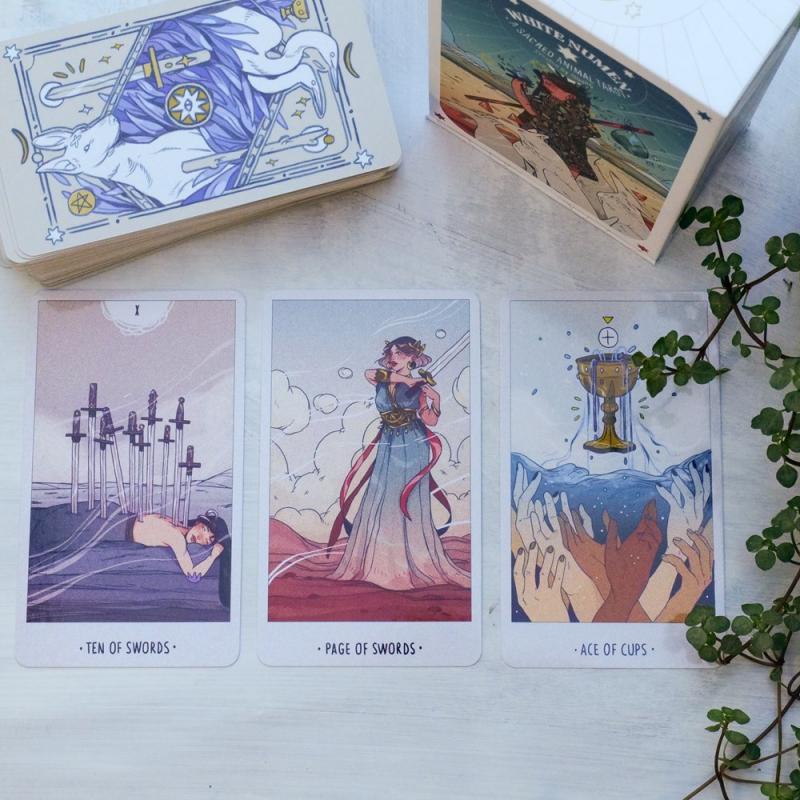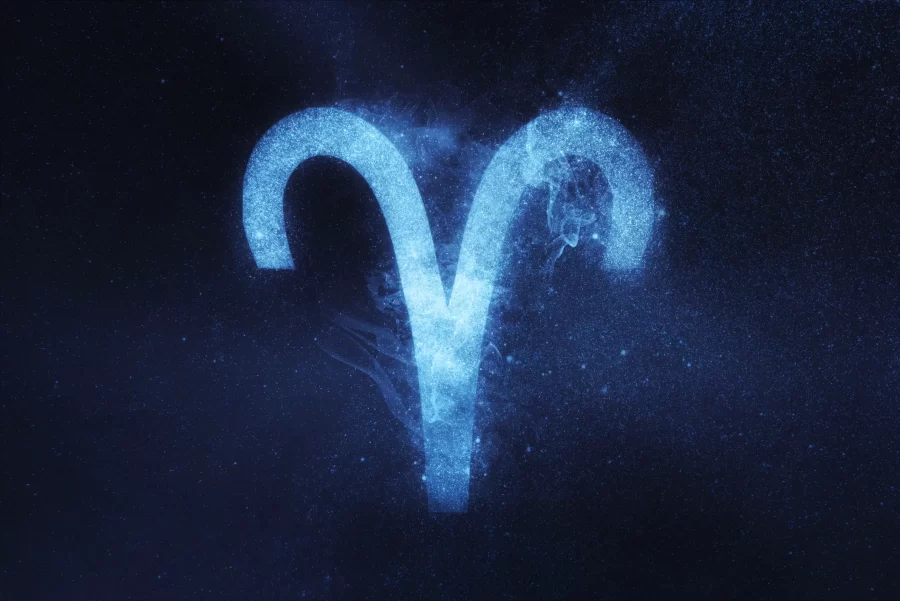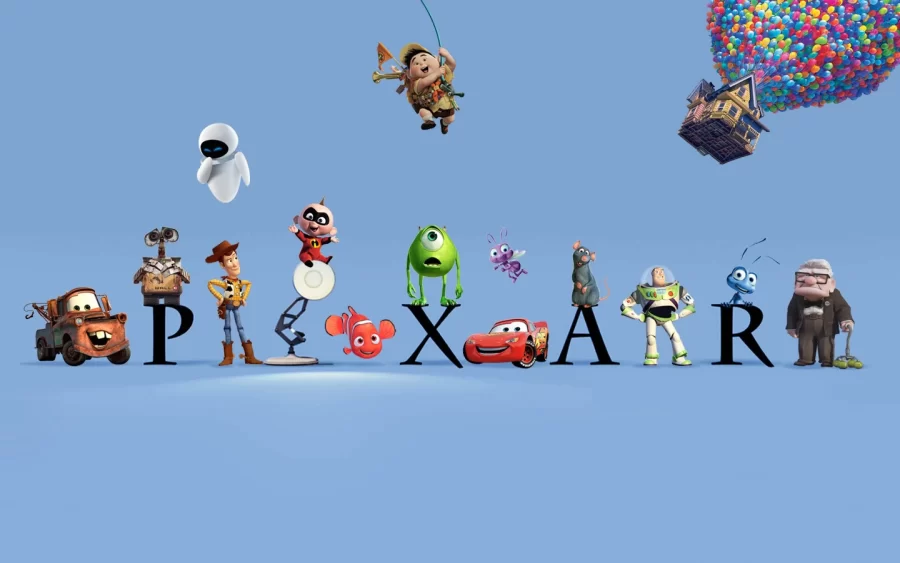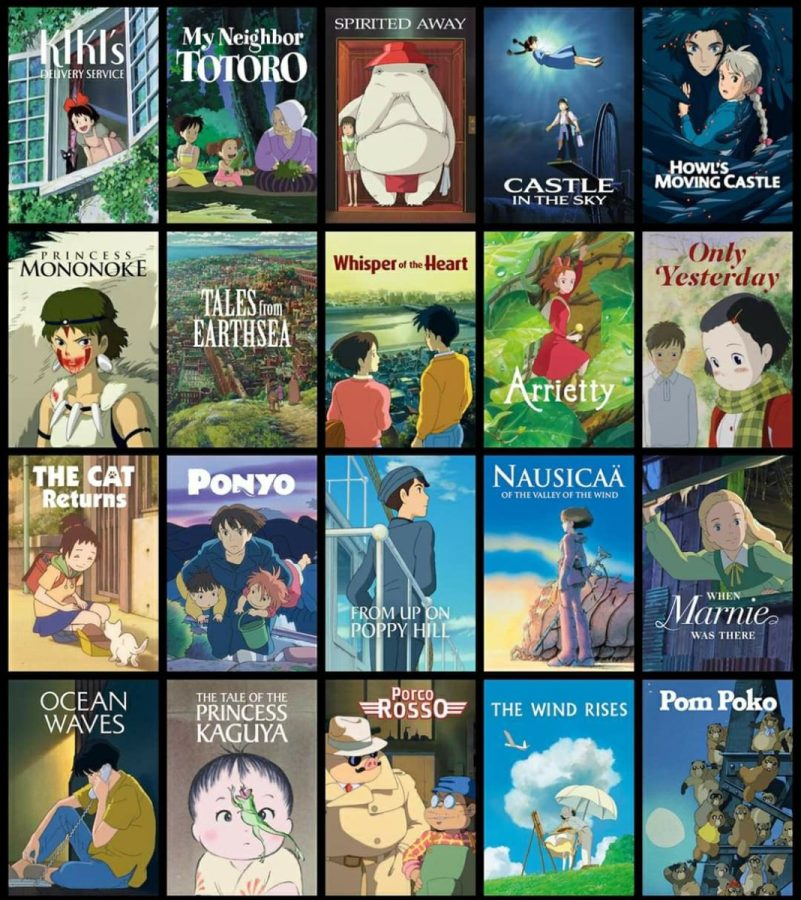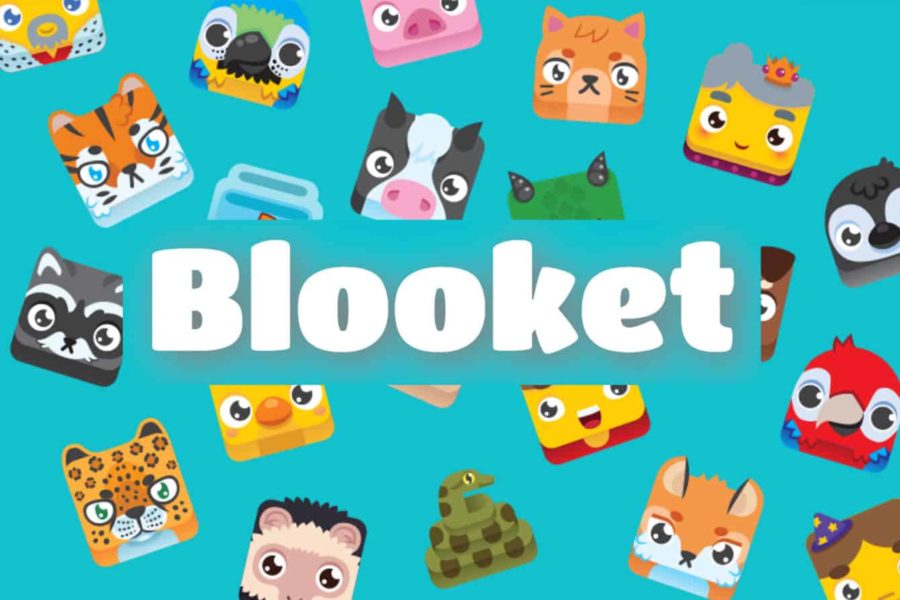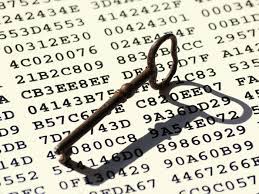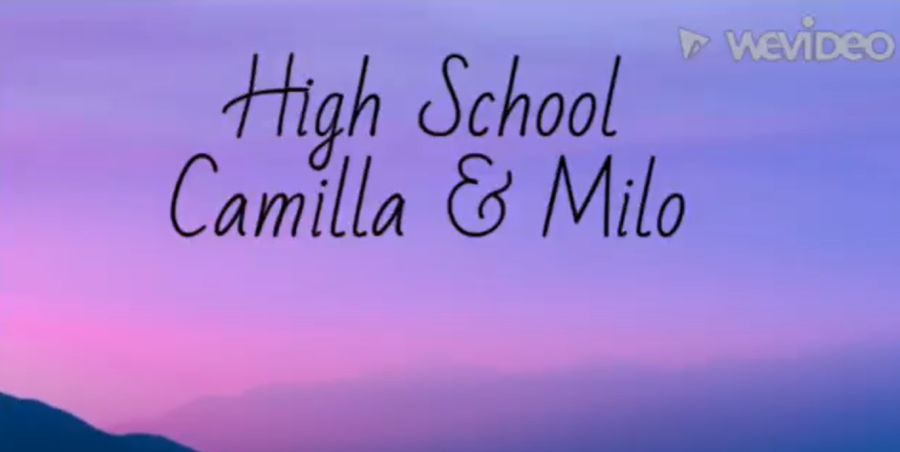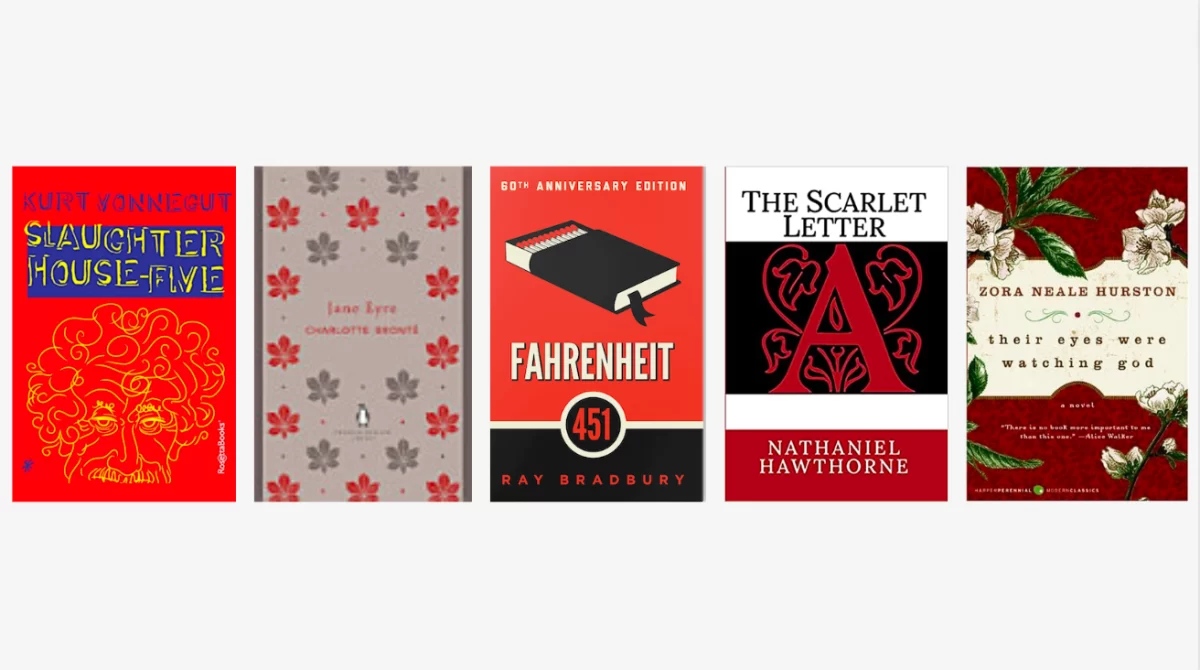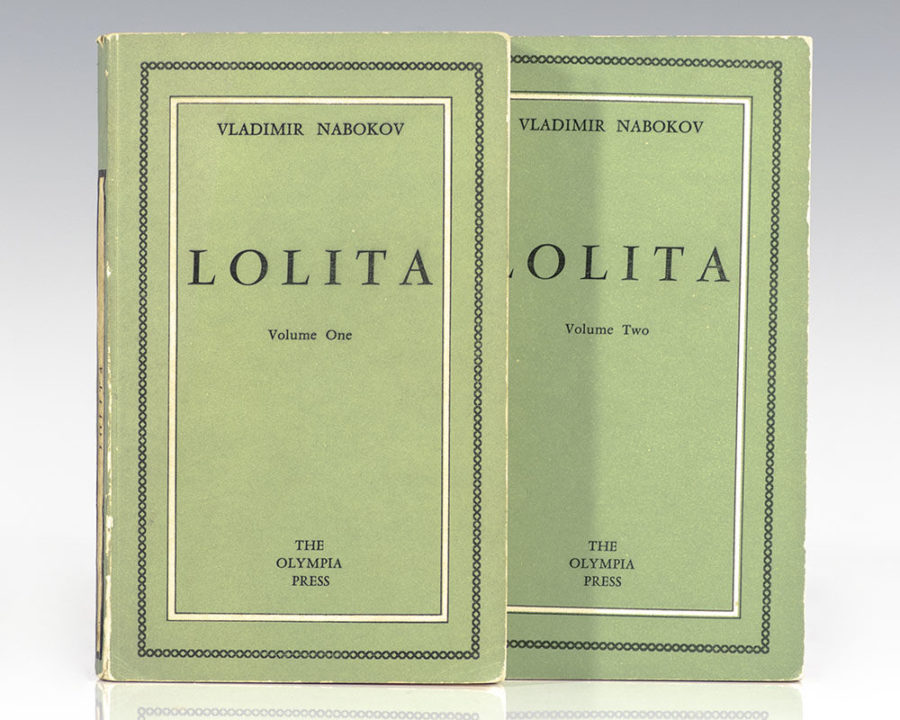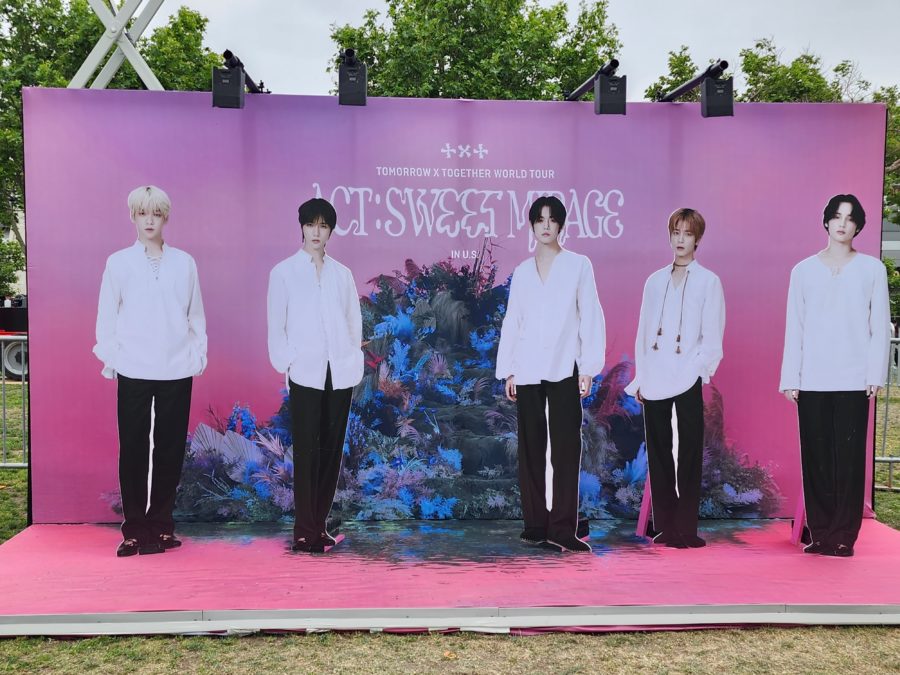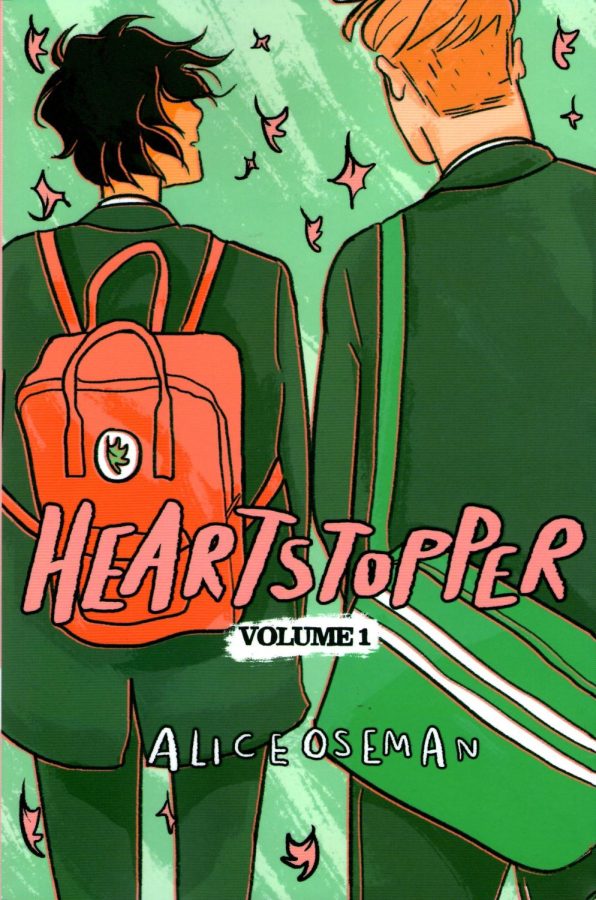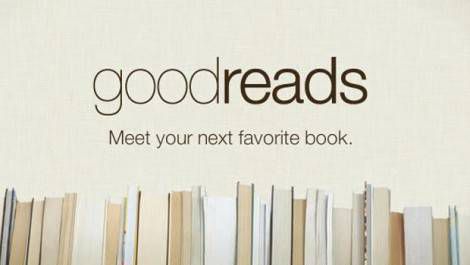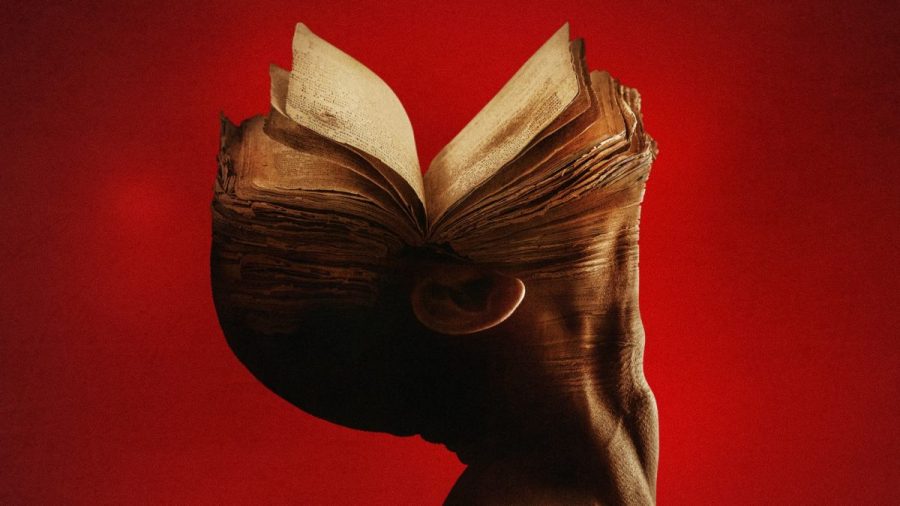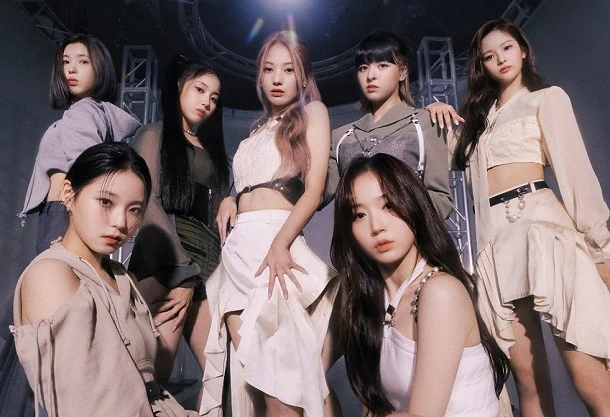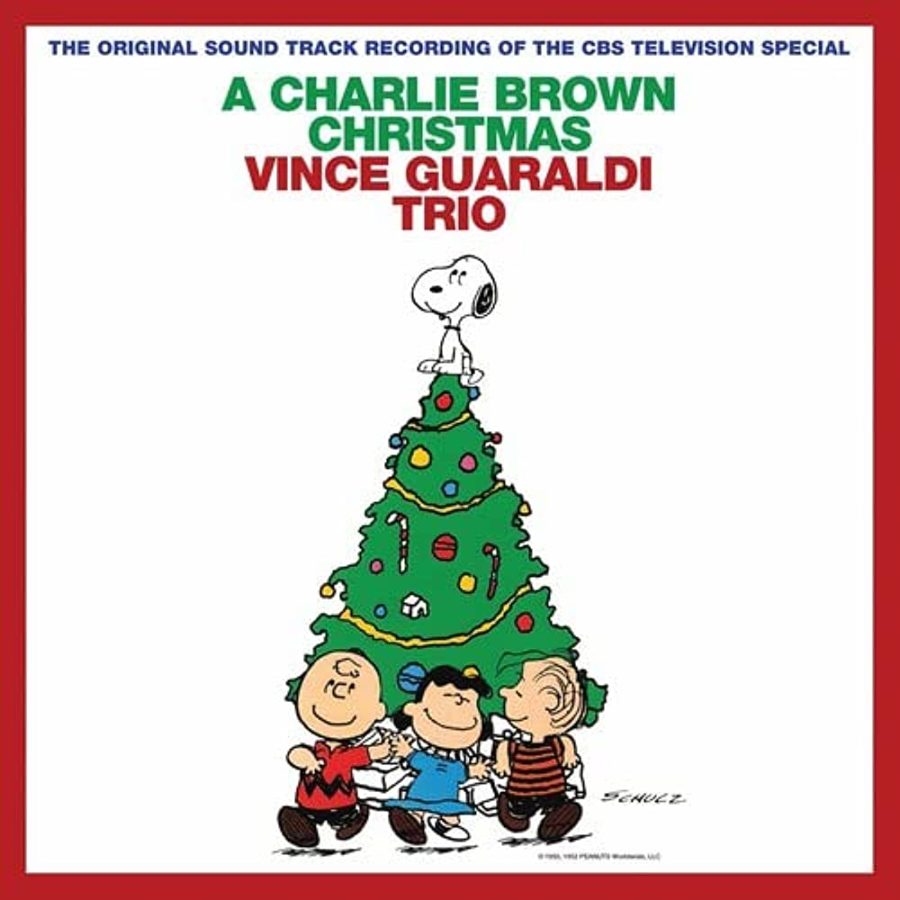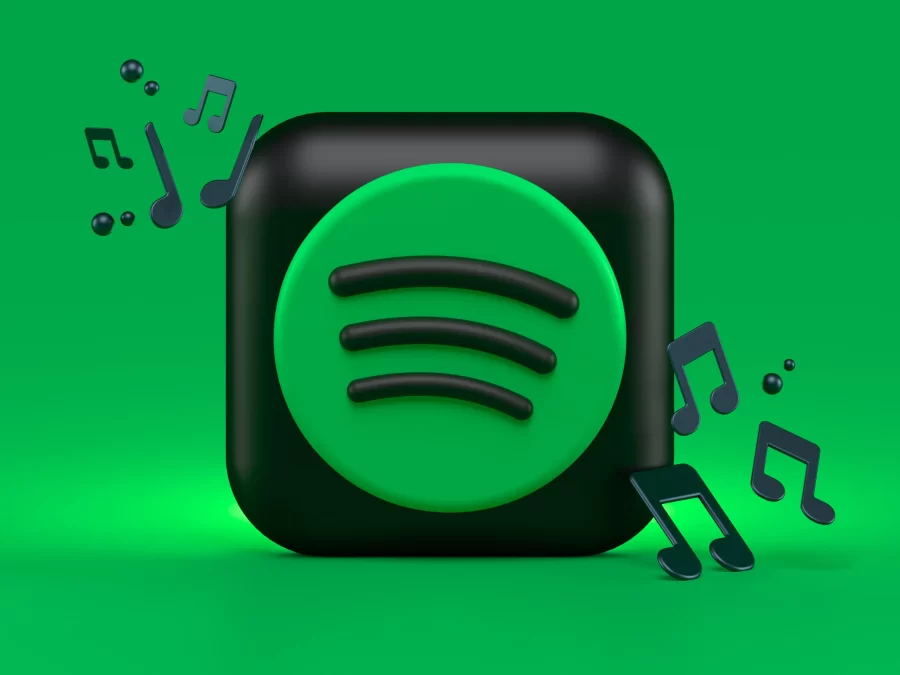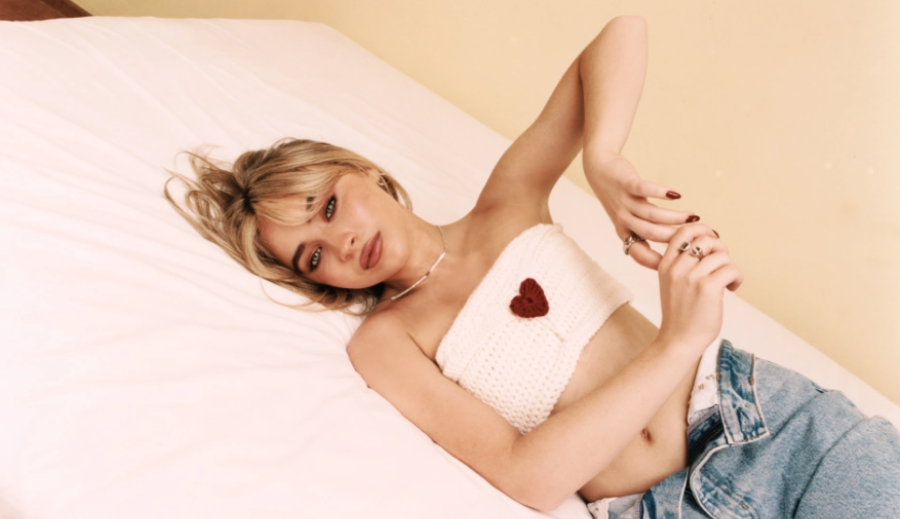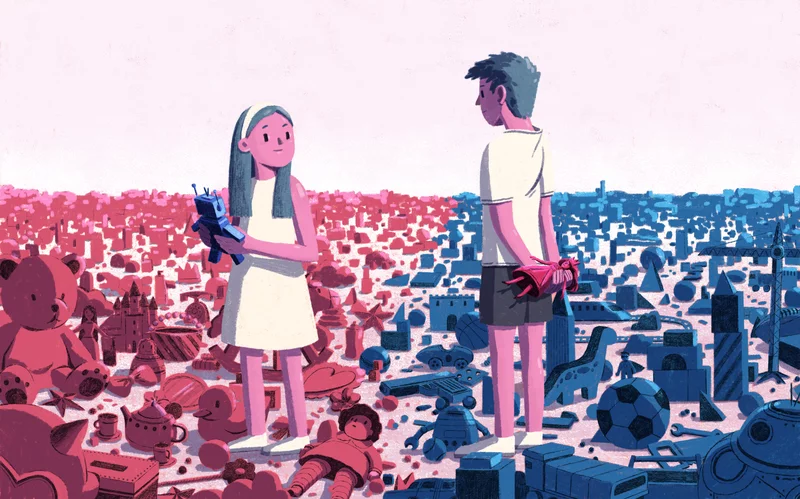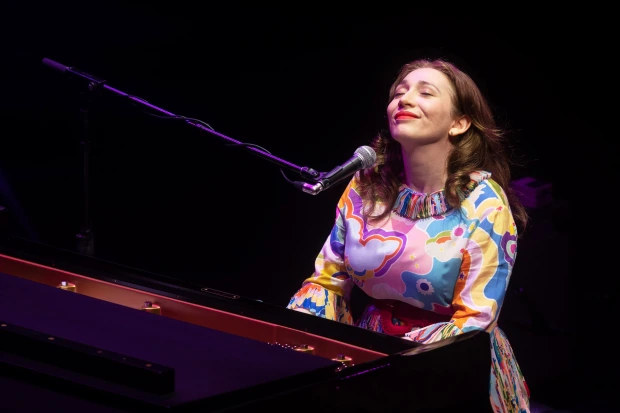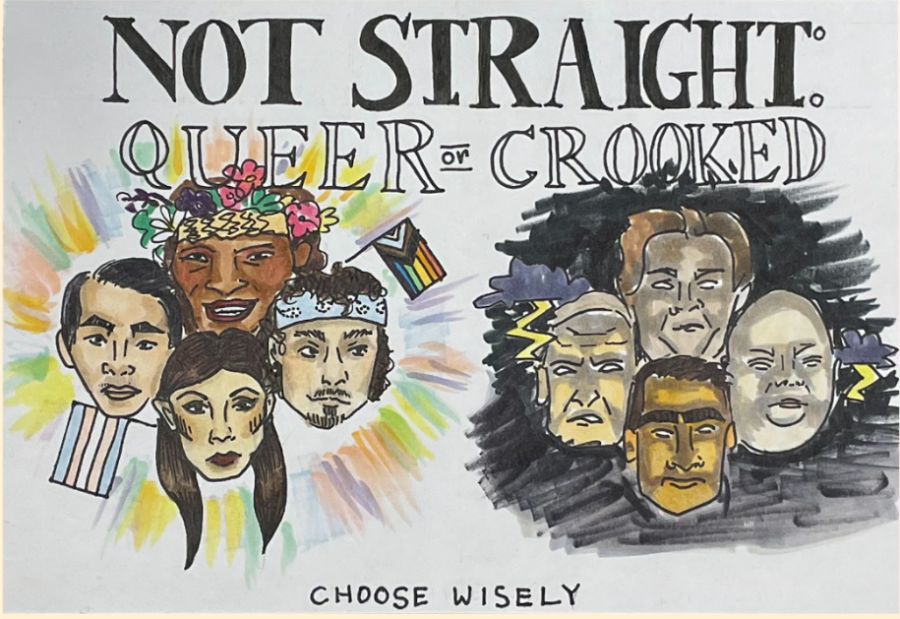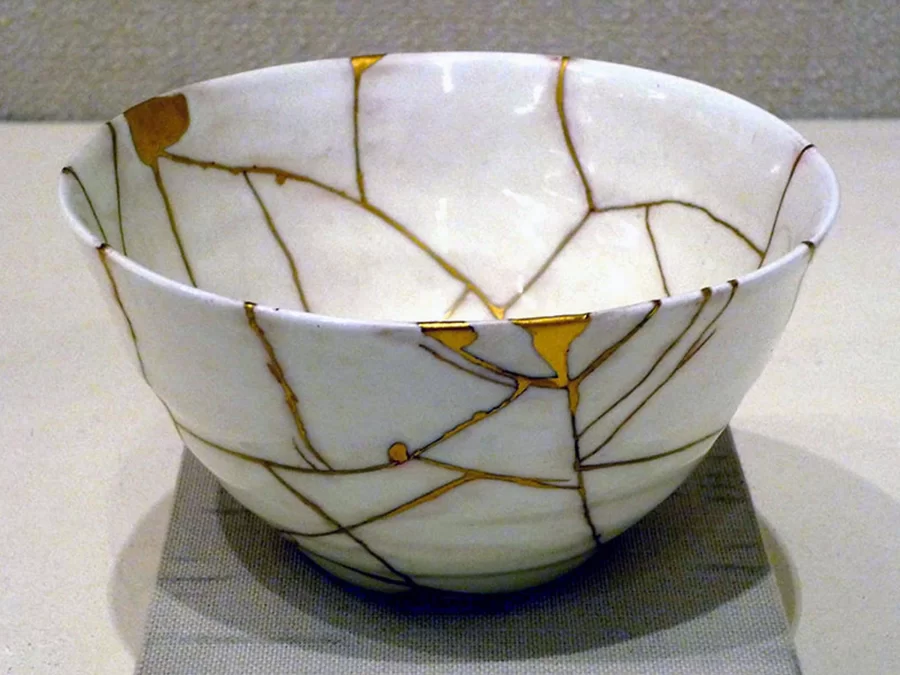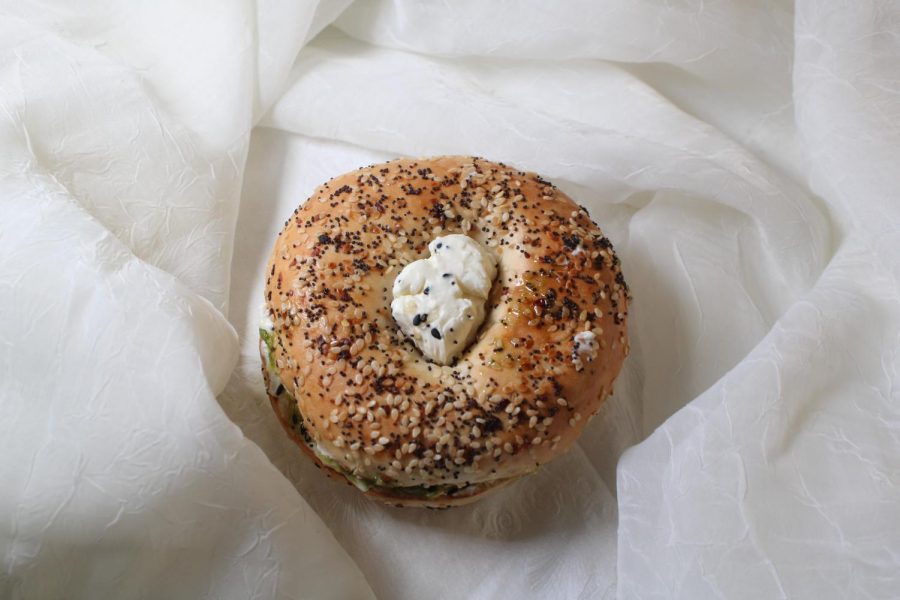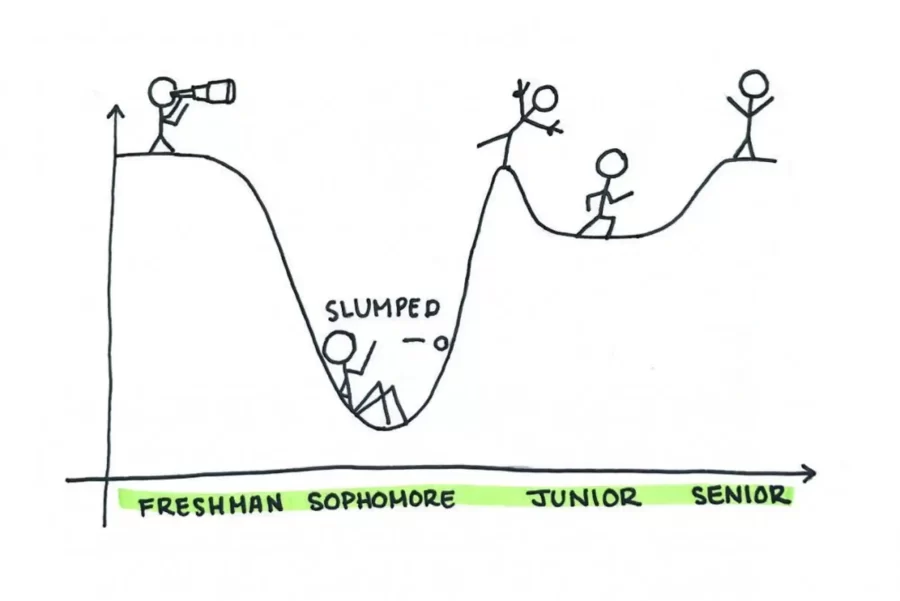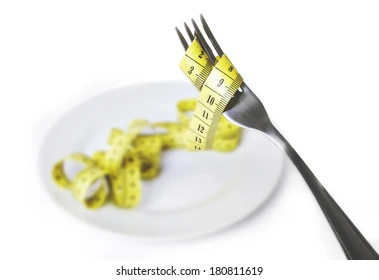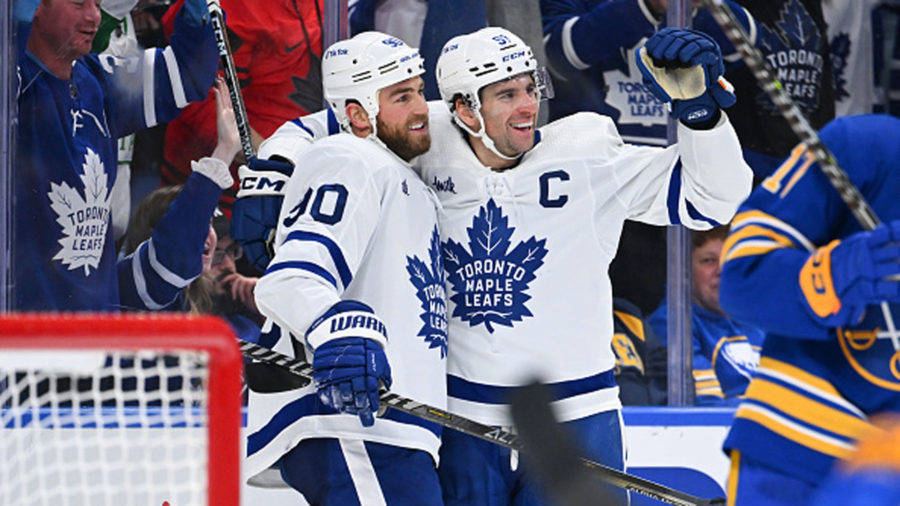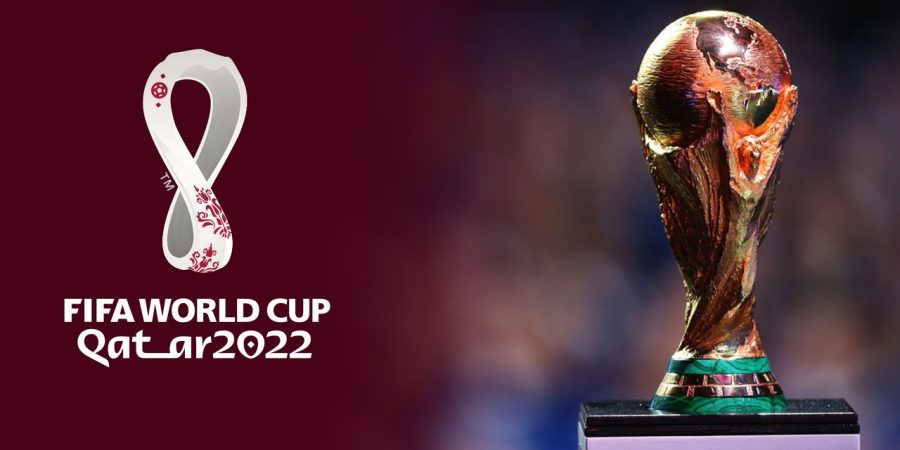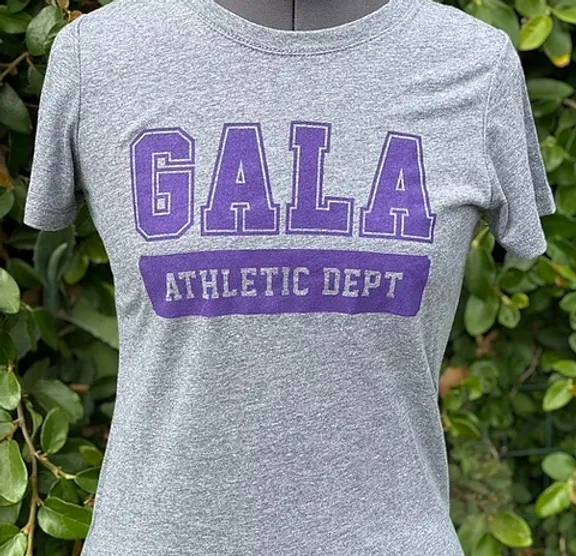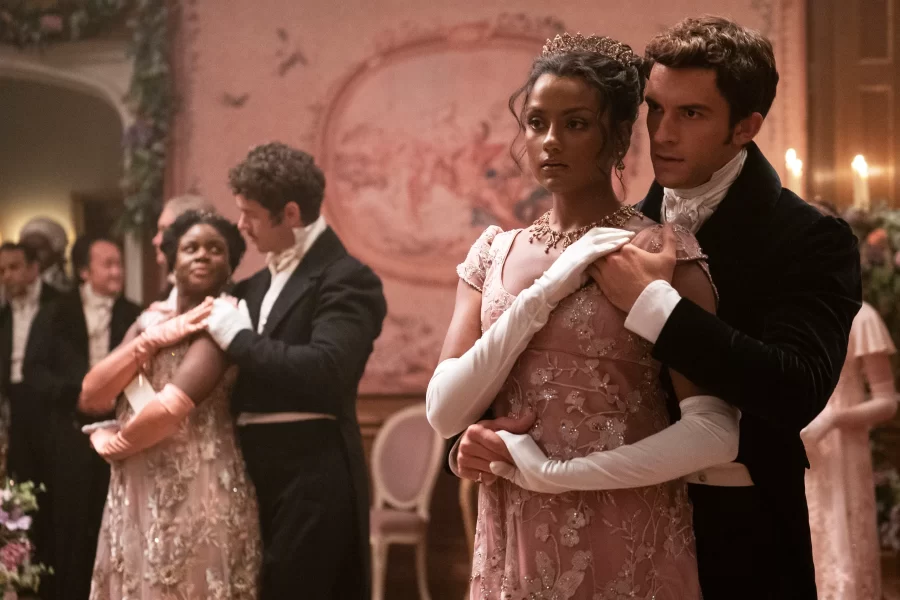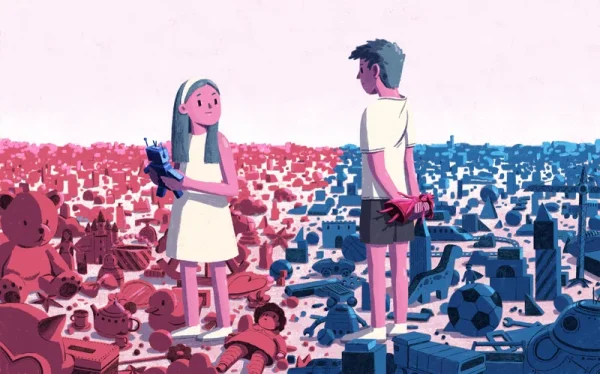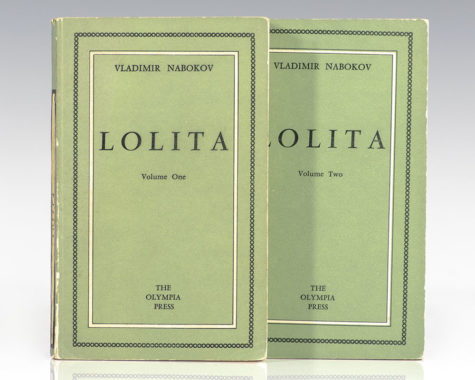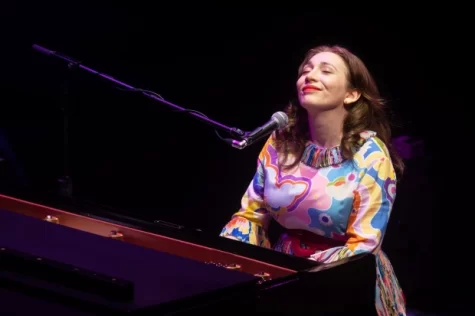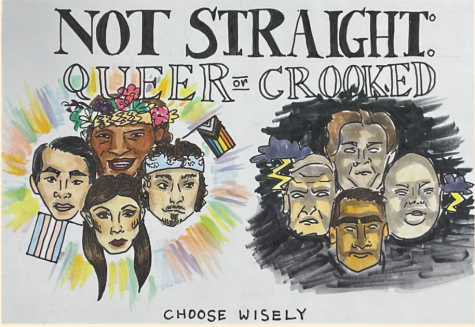Sex Positivity, Classism Commentary, and Destruction of Toxic Masculinity: I Burn for “Bridgerton” Season Two
“Bridgerton” is rated TV-MA for nudity, sex, and substances; watch at your own advisement.
When one thinks of “Bridgerton,” one of three thoughts likely rides on 19th-century horseback to the forefront of your mind: the phenomenon of British accents, the uncomfortableness of traditional corsets, or the utter silliness of period romances like “Bridgerton.” For centuries, romance media of all kinds has been regarded as an escapist type of media; a trivial, fun way to pass time and vicariously experience a love story where miracles do happen, mountains are moved, and happily ever after is achieved.
And, so, when one thinks of “Bridgerton,” the hit Netflix show that accrued more than 2.5 billion minutes of streaming in the week following the release of season two, one likely thinks of “Bridgerton” as just that: a fan favorite for watching after a long day of not being able to ride a dashing horse through the countryside. But, the series, which is based on author Julia Quinn’s eight novels, has done more than try and convince viewers that love is real–it has become a pinnacle of a larger cultural and political movement shifting how the country and world talk about sex, abuse of power, and money.
Really.
As of publication, “Bridgerton” season two has been out for a considerable amount of time, just around two months. So, the question of relevancy is inevitably raised: why is “Bridgerton” still deserving of an article when there are countless other shows that have come out recently that, objectively, discuss more social justice issues? Take “Heartstopper” for instance, a series about queer teens, coming of age, and coming out that debuted on Netflix in late April.
What I believe makes “Bridgerton” so invaluable is that while “Heartstopper” attracts viewers who want a story about queerness and lessons youth learn as they grow up, “Bridgerton” in no way advertises itself as a show about activism. Thus, “Bridgerton” attracts a far more diverse audience when it comes to age, education, sexuality, gender, and political leanings. That diversity in viewership makes “Bridgerton” all the more powerful when it comes to the three-letter word that has never truly found peace in the U.S.: sex.
In 2022, more than 546 individual restrictions on abortion, ranging in severity and success, have been introduced across 42 states. Of those, 37 made laws that, as of publication, still stand, and have withheld legal challengings at the county, state, and even federal levels. Sex education in high schools is similarly, if not more, contentious. Only 38 states have laws about sex education, 30 of which mandate that abstinence until marriage is promoted as the best “solution” to the country’s raging issue with teenage pregnancy and STIs. That leaves a total of eight states out of 50 that mandate teachers discuss comprehensive and consent-inclusionary sex education with students.
The contention regarding abortion rights and sex education has reached new highs amind the recent and unprecedented leak of a Supreme Court document that revealed the high court’s plan to potentially overturn the landmark decision of Roe v. Wade that ensured a person’s right to abortion in the United States on a national level in 1973.
The mangled state of abortion rights and sex education has made one thing abundantly clear: we don’t know how to talk about sex, much less safe, consensual sex, and its ramifications on all parties involved. Instead of working to combat unwanted pregnancy by funding comprehensive sex education classes in high schools, billions of dollars are poured into banning abortion; by refusing to stop unwanted pregnancy at the source, politicians focus on forcing people to carry the pregnancies to term, which does nothing to solve the problem.
The truth of the matter is that people, including some teenagers, will have sex whether they learn about it in school or not. In some cases, not everyone involved in the sex will be a willing, or conscious, participant. Banning the teaching of the word “consent” from classrooms doesn’t get rid of rape, it only makes it so that survivors of sexual assault and rape are left not only violated but without the proper words or education for what has happened.
Sex education and the display of what healthy relationships look like shouldn’t be coming from a TV show. “Bridgerton” should be a show people watch for the enemies to lovers archetype, for the gorgeous historic costumes, for the charming actors. But, we are in a place as a country where, somehow, as I watched “Bridgerton” season two, I felt so grateful that they were talking about consent. When Kate Sharma and Anthony Bridgerton (season two’s leads and star-crossed love interests) first kissed, I was so grateful that they showed that both parties were fully willing, and would stop at any indication the other was uncomfortable or unconsenting.
For, when the two flawed, imperfect characters rode into the sunset together, or, really, walked onto the pall mall field, they were doing more than bringing a fantastic season to a sweet finale–they were showing what a healthy and respectful relationship looked like in a way that sex education in schools across the U.S. have never been able, or even allowed, in some cases, to do.
And, while season two was filled with consent and trust in relationships, season one showed the flip side of the coin in a way that just as desperately needed to be displayed to a larger audience. The central relationship in season one between leads Daphne Bridgerton and Simon Basset was nothing if not manipulative–and “Bridgerton” didn’t shy away from that. Across the season, we see how Daphne was taught nothing about her own body or what was expected of her on her wedding night, and how Simon selectively educated and misled her. We see how Daphne is made to marry Simon after they are spotted too close together to protect Daphne’s dignity, while Simon has a reputation for being promiscuous and his reputation never suffers.
Worse, we see how Daphne rapes Simon and attempts to explain herself by reminding him that they had had sex before and are married, so it shouldn’t have been an issue to have it again. We watch as through a combination of manipulation and miscommunication, and perhaps through a variety of shame and not knowing what rape truly is–because the 1800s and 2000s aren’t so different, after all–nobody ever knows of what Daphne did besides the two of them, one of whom denies it fervently.
In other ways, too, “Bridgerton” has broached touchy subjects in a way that needs to be talked about. In season two, after Anthony finds that Kate has awoken from a coma she slipped into after falling off a horse, he cries–unashamedly. When his mother scolds him to not give up on Kate, he listens and shares how seeing his father die in front of him when Anthony was a teenager has made him feel incapable of loving someone. We see Anthony care for his younger siblings and own up to his, admittedly many, mistakes throughout the season, treat the women in his life with respect even when he isn’t romantically interested in them, and express emotion.
Should such a male character be praised for the bare minimum when it comes to being able to cry? No, certainly not. But, for viewers who see the season’s protagonist who is charming, handsome, and the eye candy of half the single women in town cry and still be considered ‘manly’ is a significant and rare sight in shows. While the portrayal of an emotionally adept Anthony Bridgerton isn’t smashing the patriarchy and prompting hundreds of thousands of men across the globe to come to terms with their emotions and let out a great big collective bawl, it is making a dent in the toxic masculinity that has told men that crying is for the weak, the whiny, and the women of the world.
“Bridgerton” also notably sheds a light on classism so prevalent in both the historic and alternative British world it is set in and in society today. When Eloise Bridgerton becomes friends–and later more than friends–with a working-class boy who helps at the print shop Eloise is investigating, she keeps her outings hidden because a woman of her social class was not meant to intermingle with the working class. Her guards and lady maids try to convince her it’s too dangerous, and eventually, being spotted with the boy does ruin her reputation. For a girl to be seen talking to a boy of a similar age sans chaperone was one thing, but for the boy to be blue-collar instead of penguin tuxedoed was a different and more severe crime altogether, one that threw Eloise’s family into turmoil.
The “Bridgerton” world is in no way perfect: It’s attracted controversy for its “color-blind” casting that many have called out as “color-ignorant”; its notably less developed character archetypes for its characters of color; it’s constant teetering between being historically accurate in terms of background all while completely shutting out the trade of enslaved people that kept nearly every aristocrat starring in the show in a position of power and wealth. There have also been issues of queerbaiting when it comes to Benedict Bridgerton, whose sexuality is dangled in the background throughout the show, alternating between being presumably heterosexual and blatantly queer.
Perhaps these flaws highlight the saddest truth about “Bridgerton”: it is simply a TV show. It isn’t a legendary, Earth-shattering dissertation on feminism and rape culture, nor is it a rallying call for social justice change. It is a well-produced, high-budget, occasionally cringe-inducing period romance that is rewatch worthy. Yet, it has somehow become a poignant commentary on the United States’ refusal to talk about sex unless we’re talking about it in the context of Kate and Anthony’s palpable chemistry.
And so, when I say I burn for “Bridgerton,” I truly am saying I am so, so scared that a Netflix original series provided more comprehensive sex education than some states allow; I am saying that this article should serve as a reminder that as a country we have so far to go when it comes to talking about things we need to talk about; I am saying that it is my hope that one day we’ll rewatch “Bridgerton” and won’t even think about how it portrayed consent in a way no show we’ve seen has before. Instead, it’ll be the object of our desires for the striking chandeliers, the classic adaptations of pop songs used as ballroom music, the will-they-or-won’t-they archetypes we can see from a mile away but still expectantly and excitedly wait for with a grin on our face.
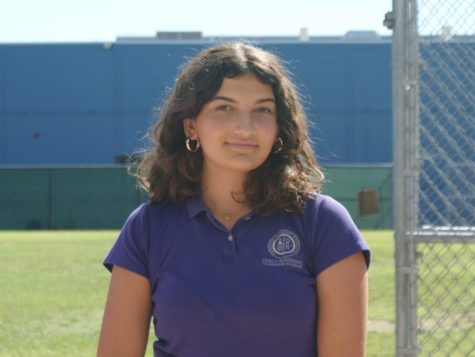
Maya (she/her) is a lover of historical fiction novels, cherry tomatoes, and all things coffee-related. When not writing, you’ll likely find her debating...
